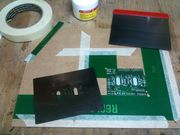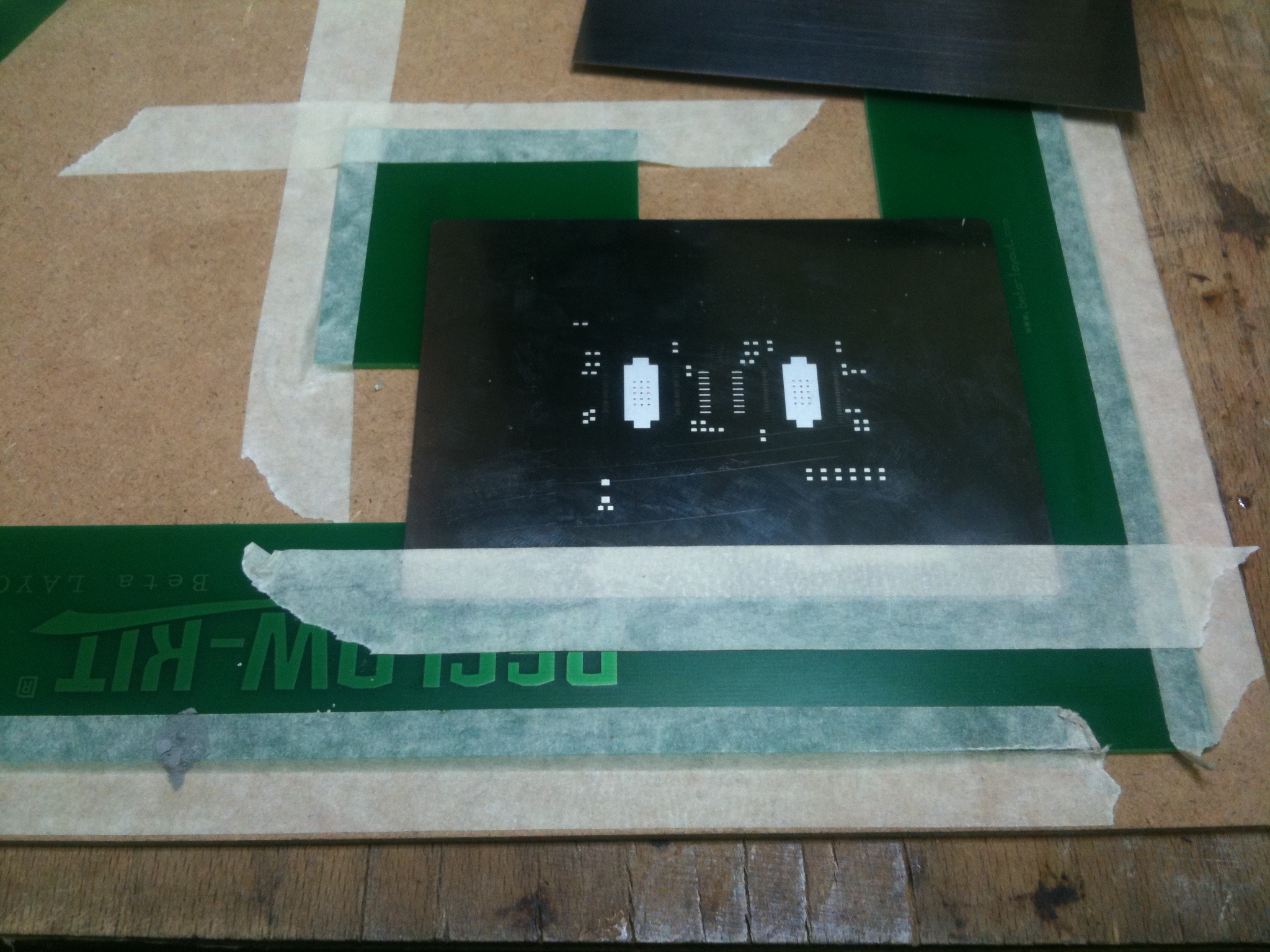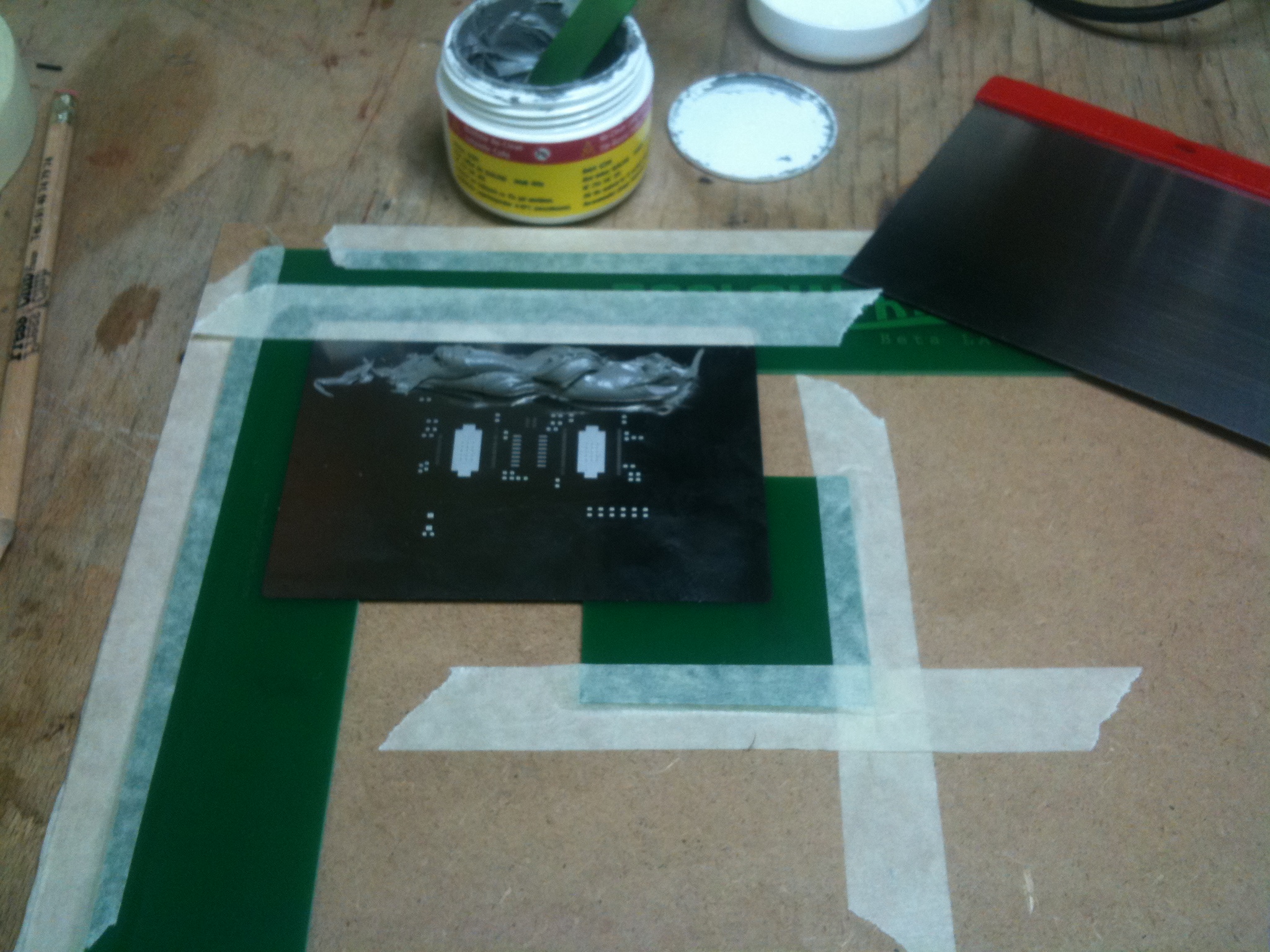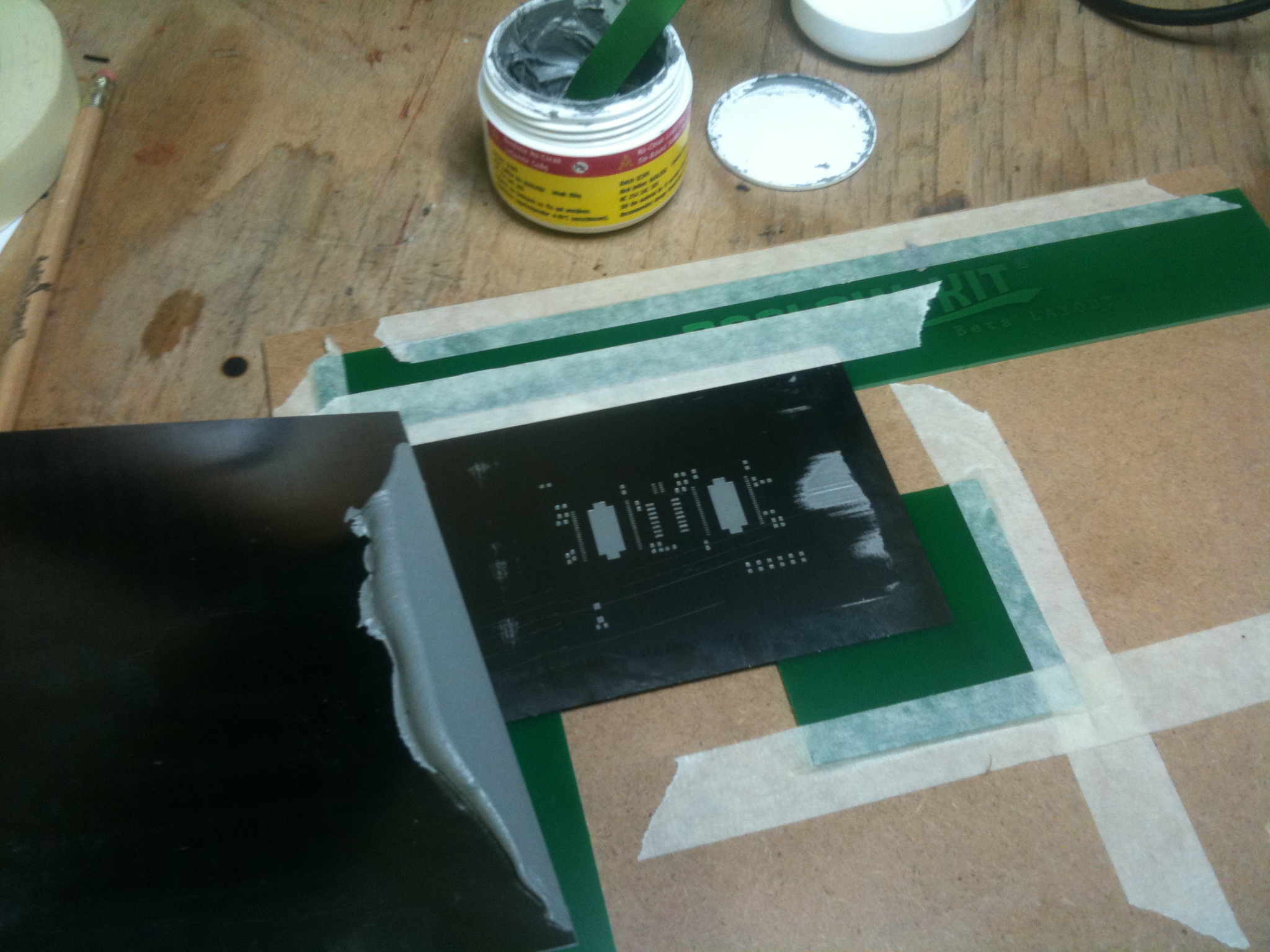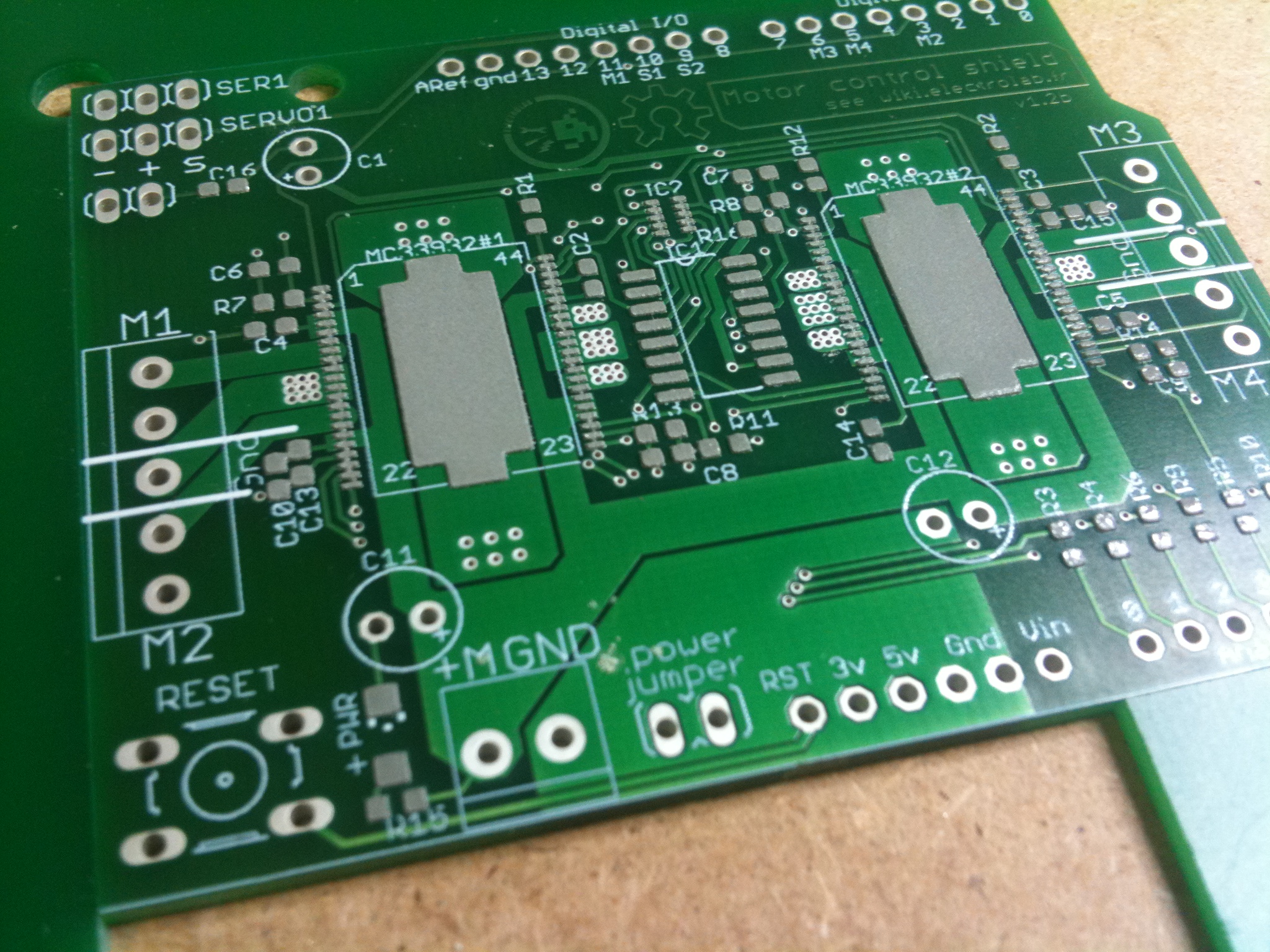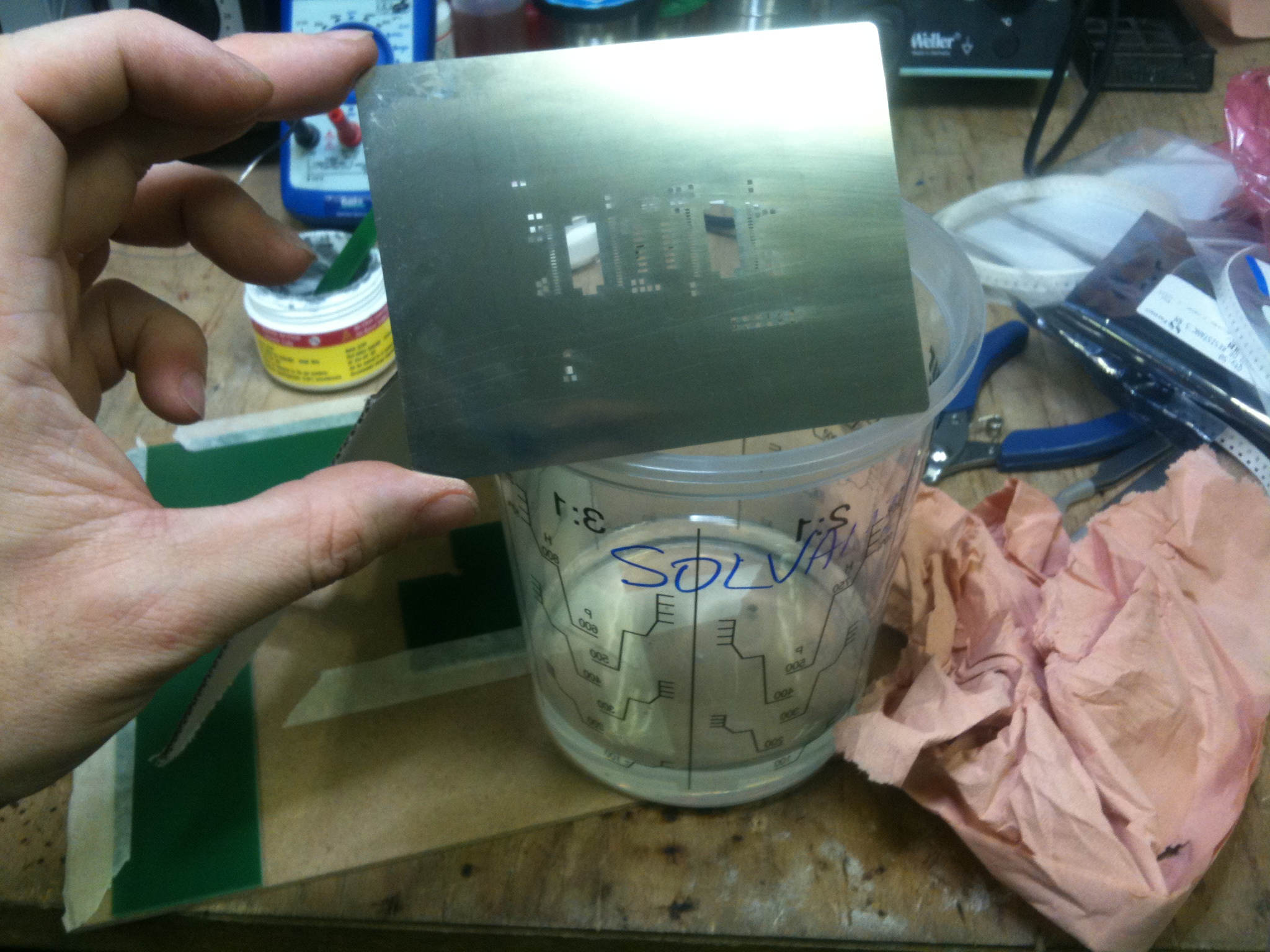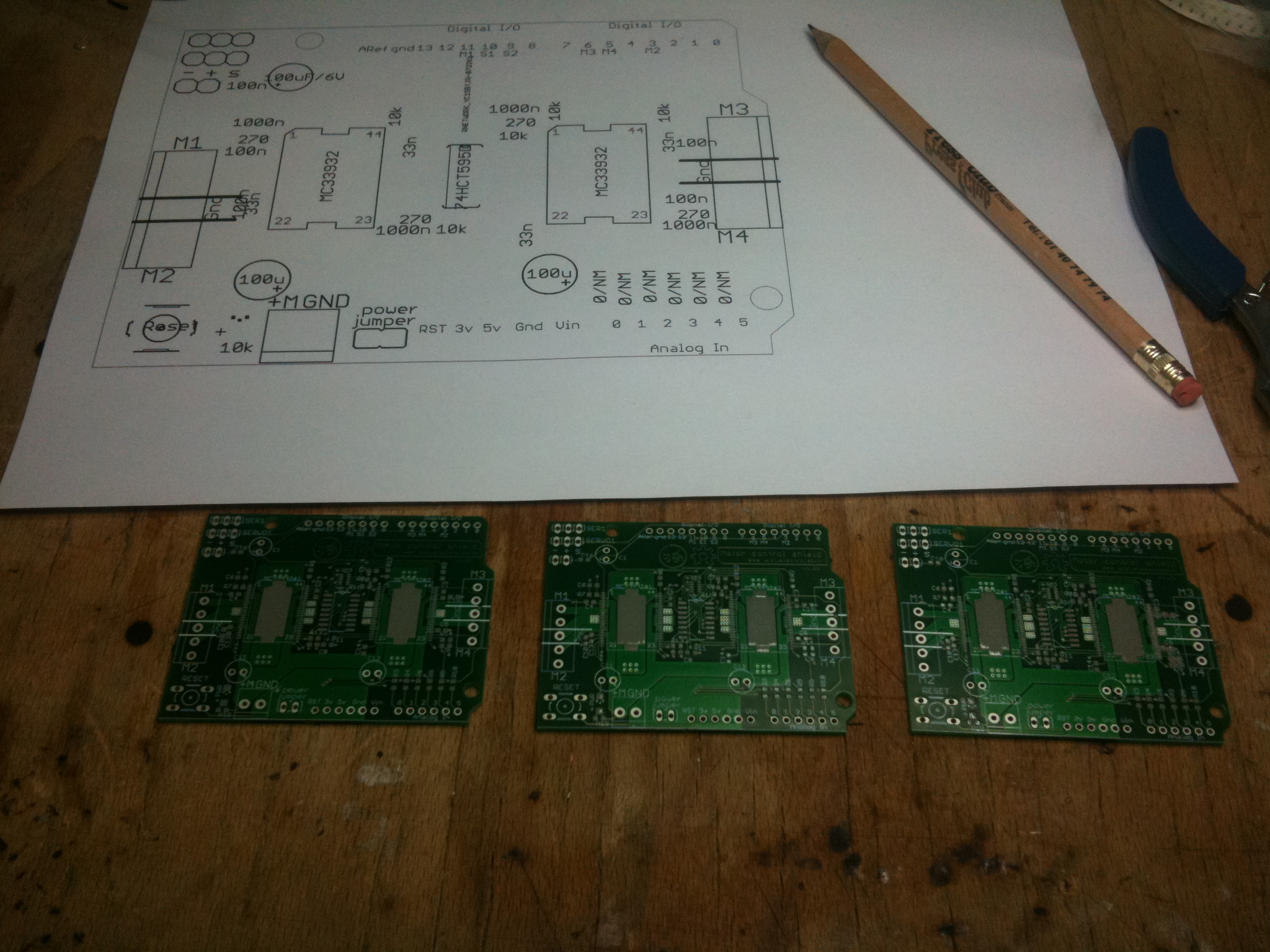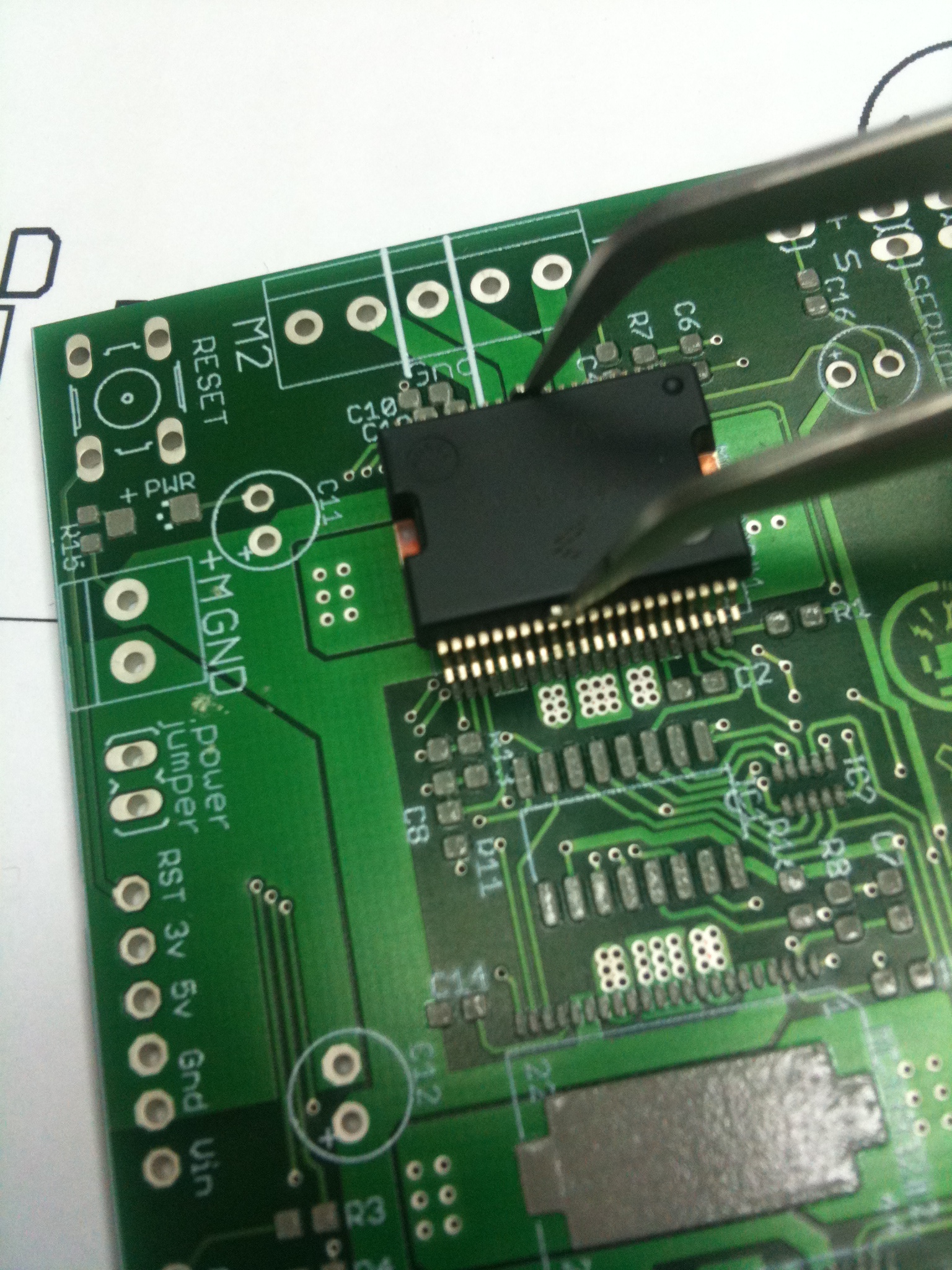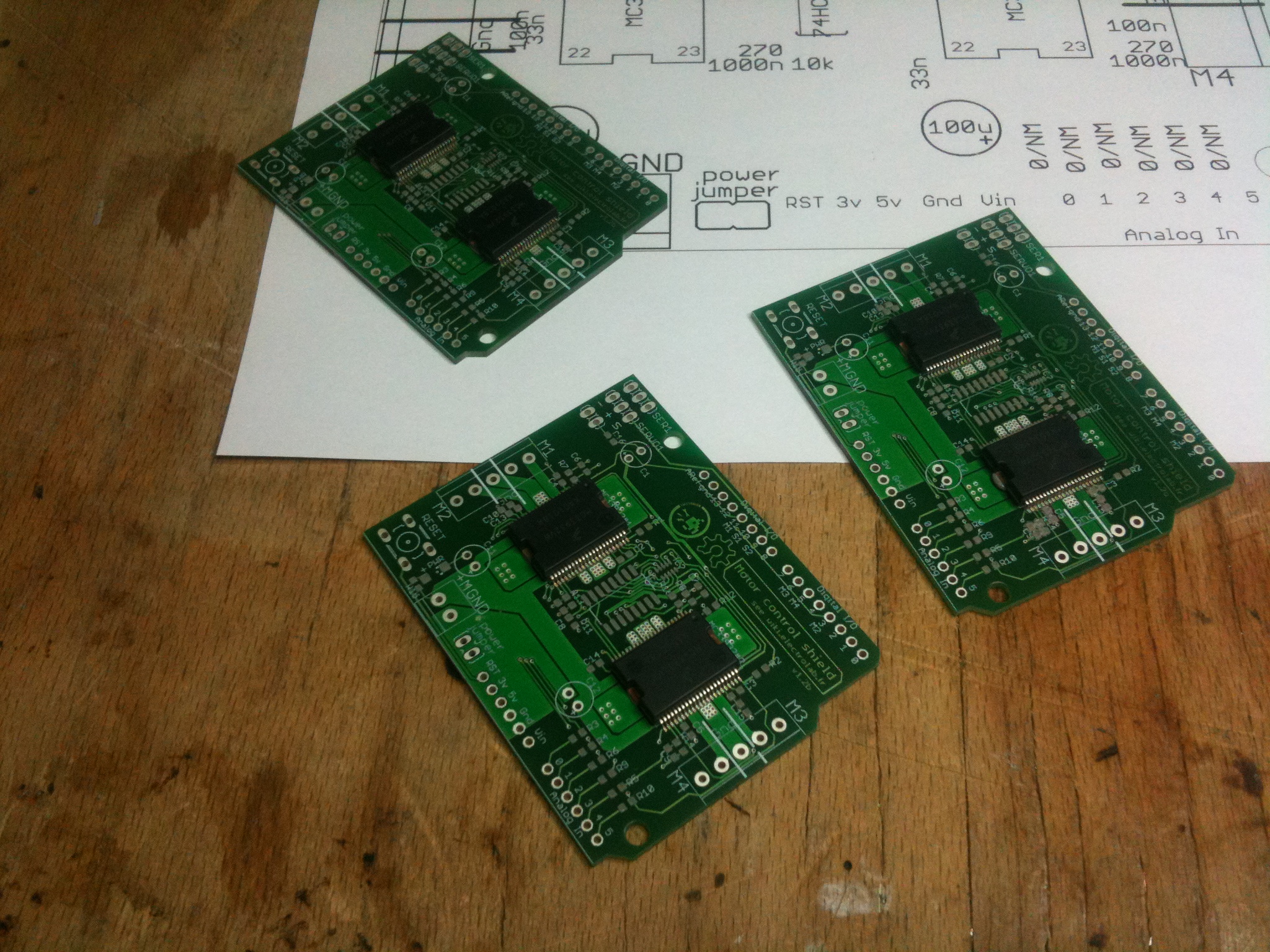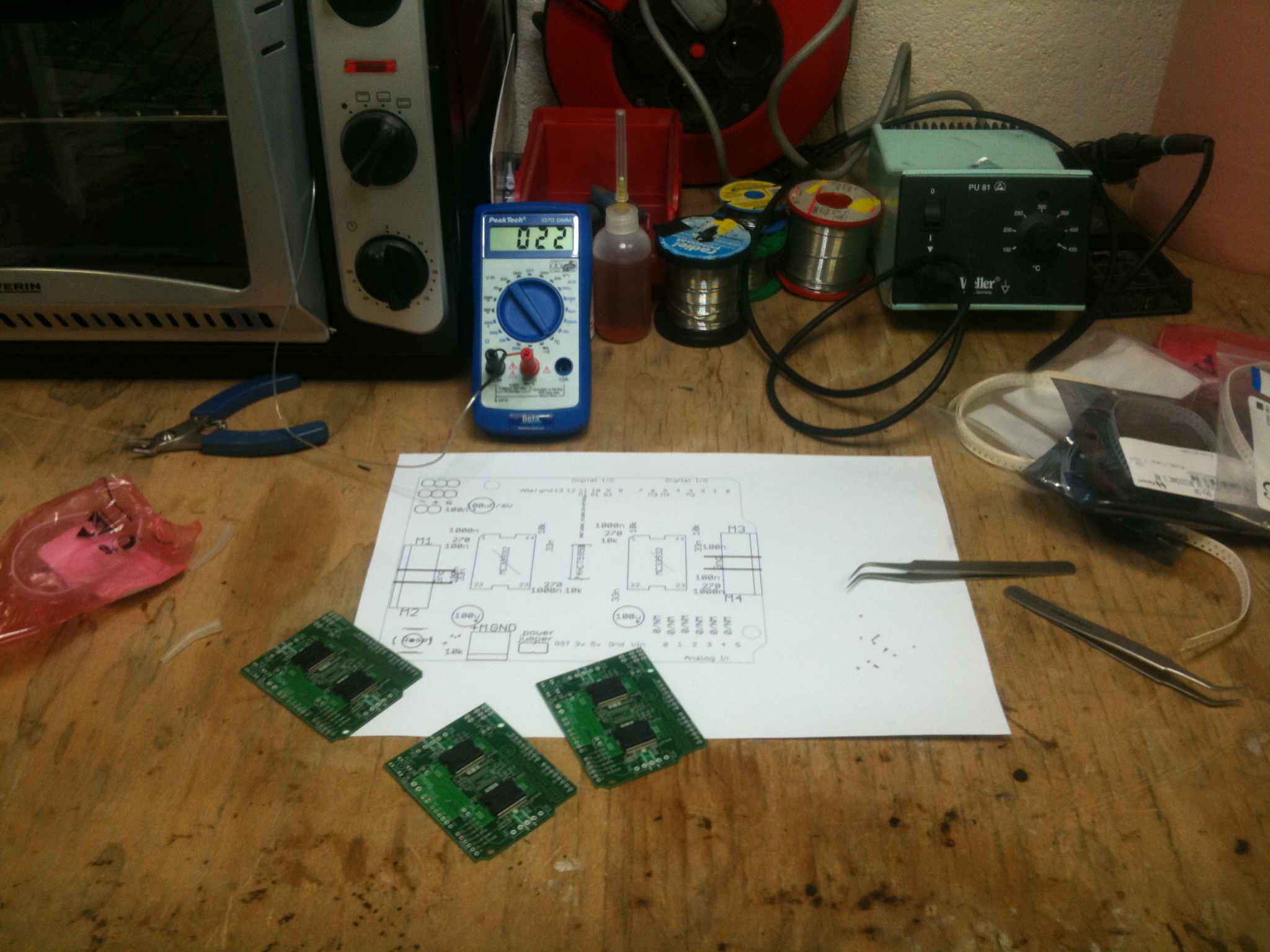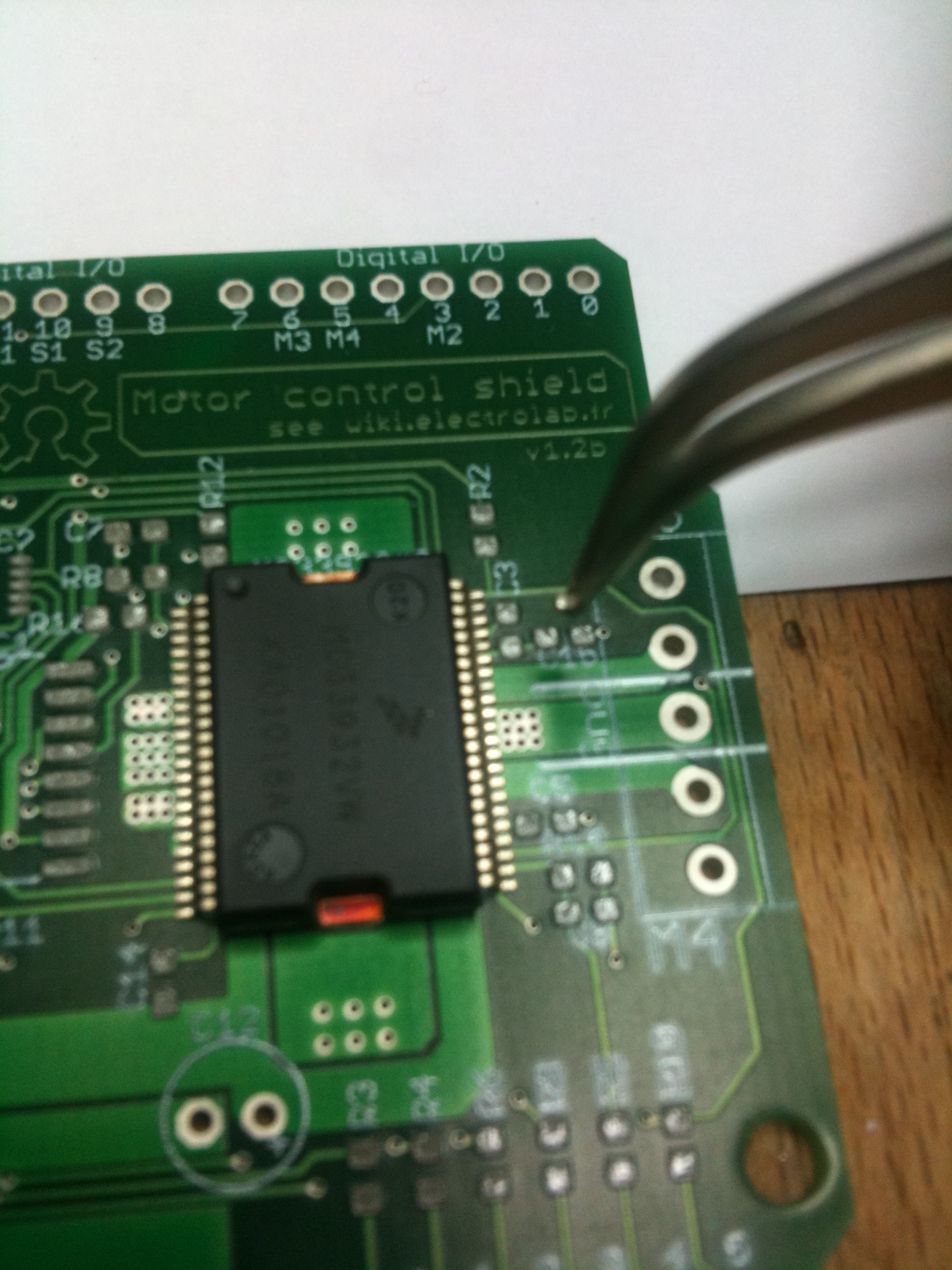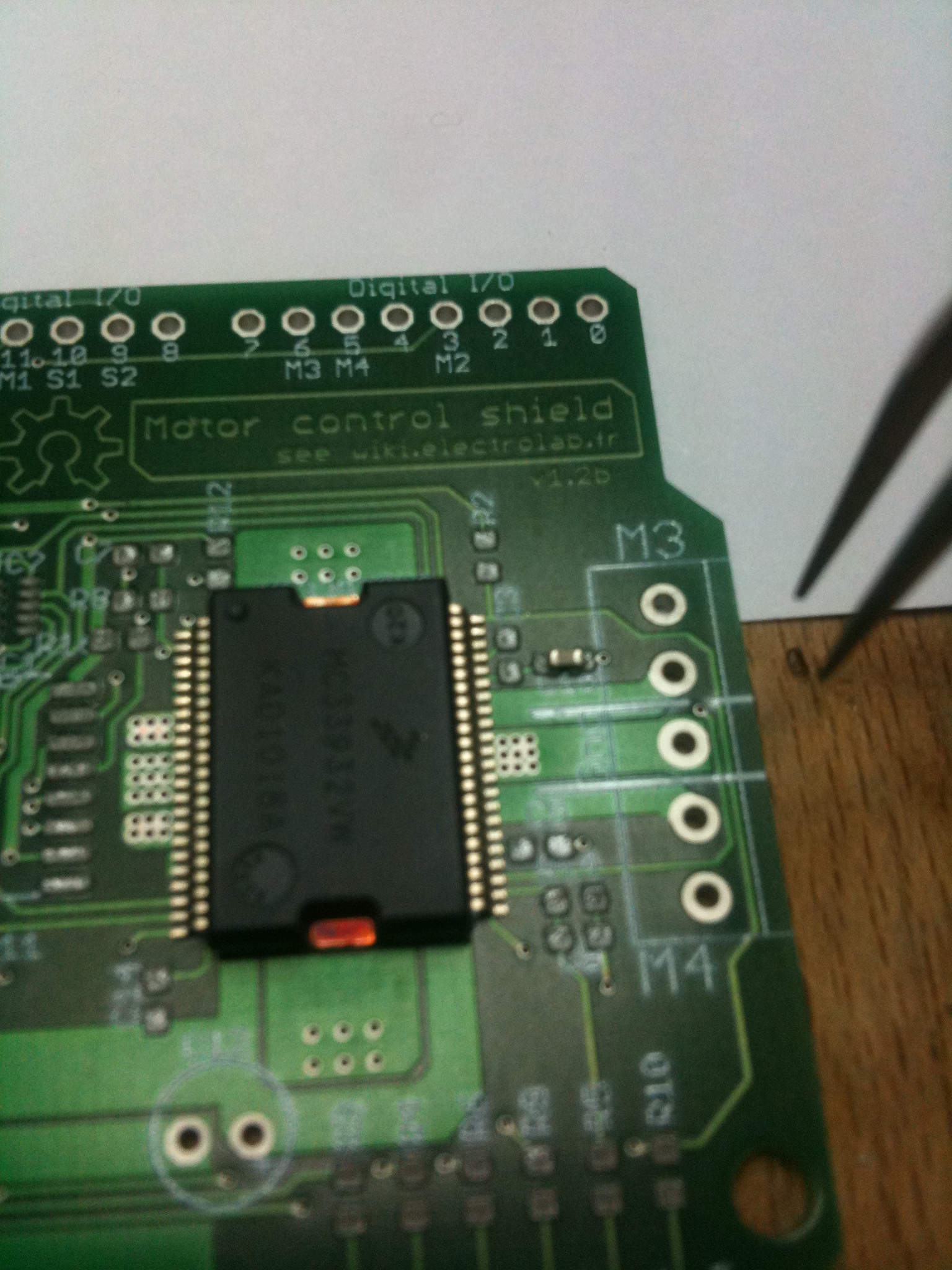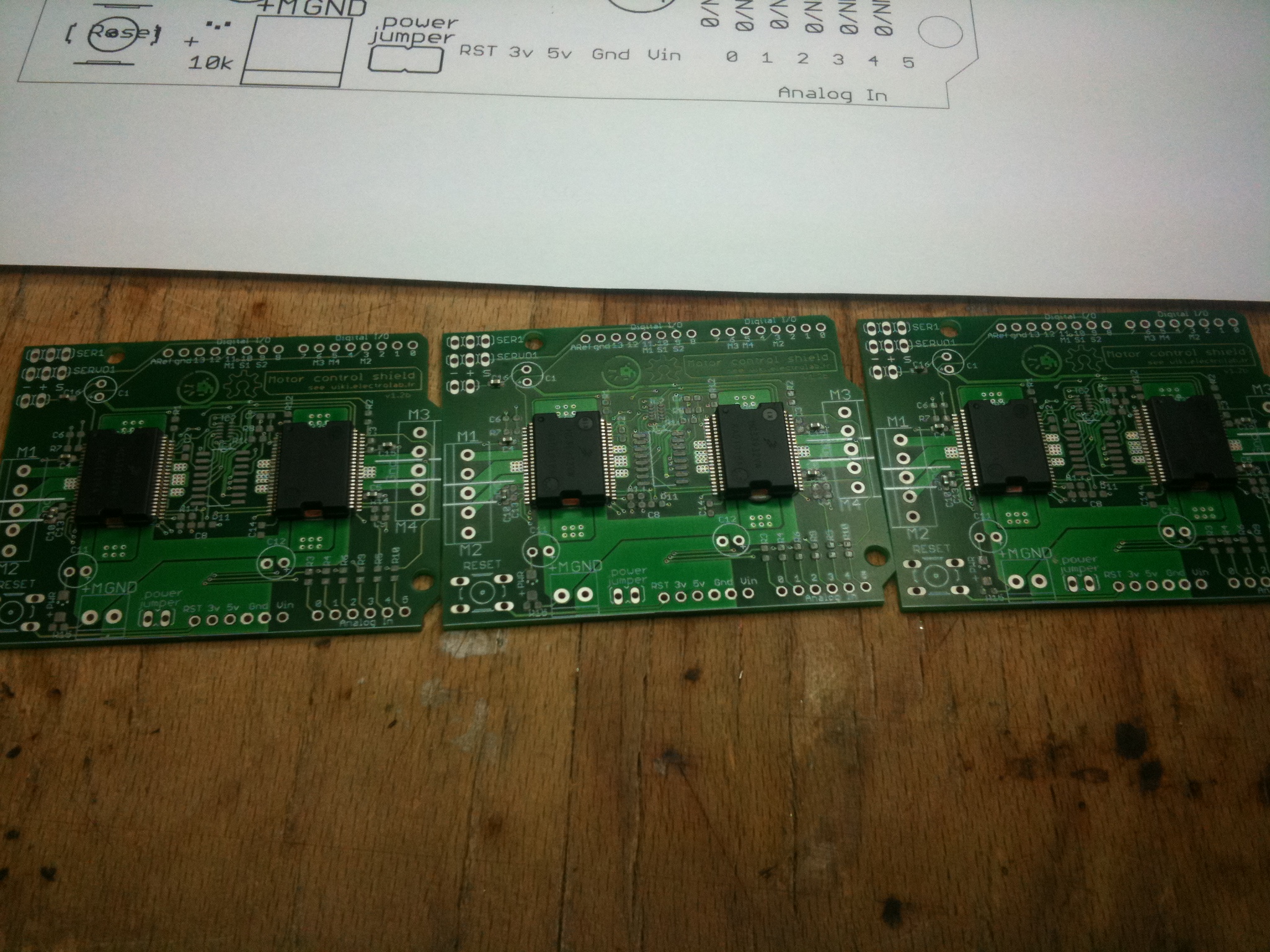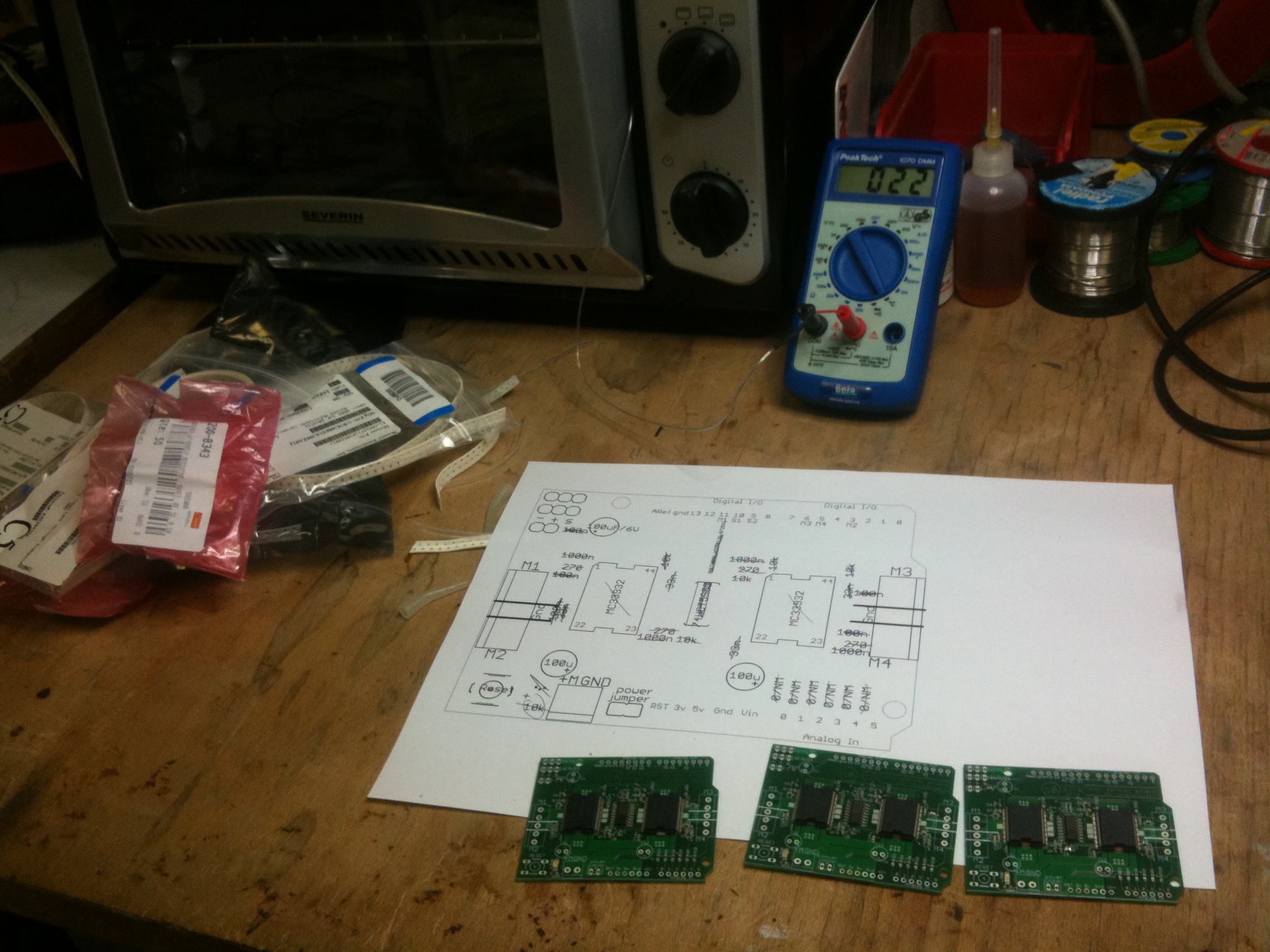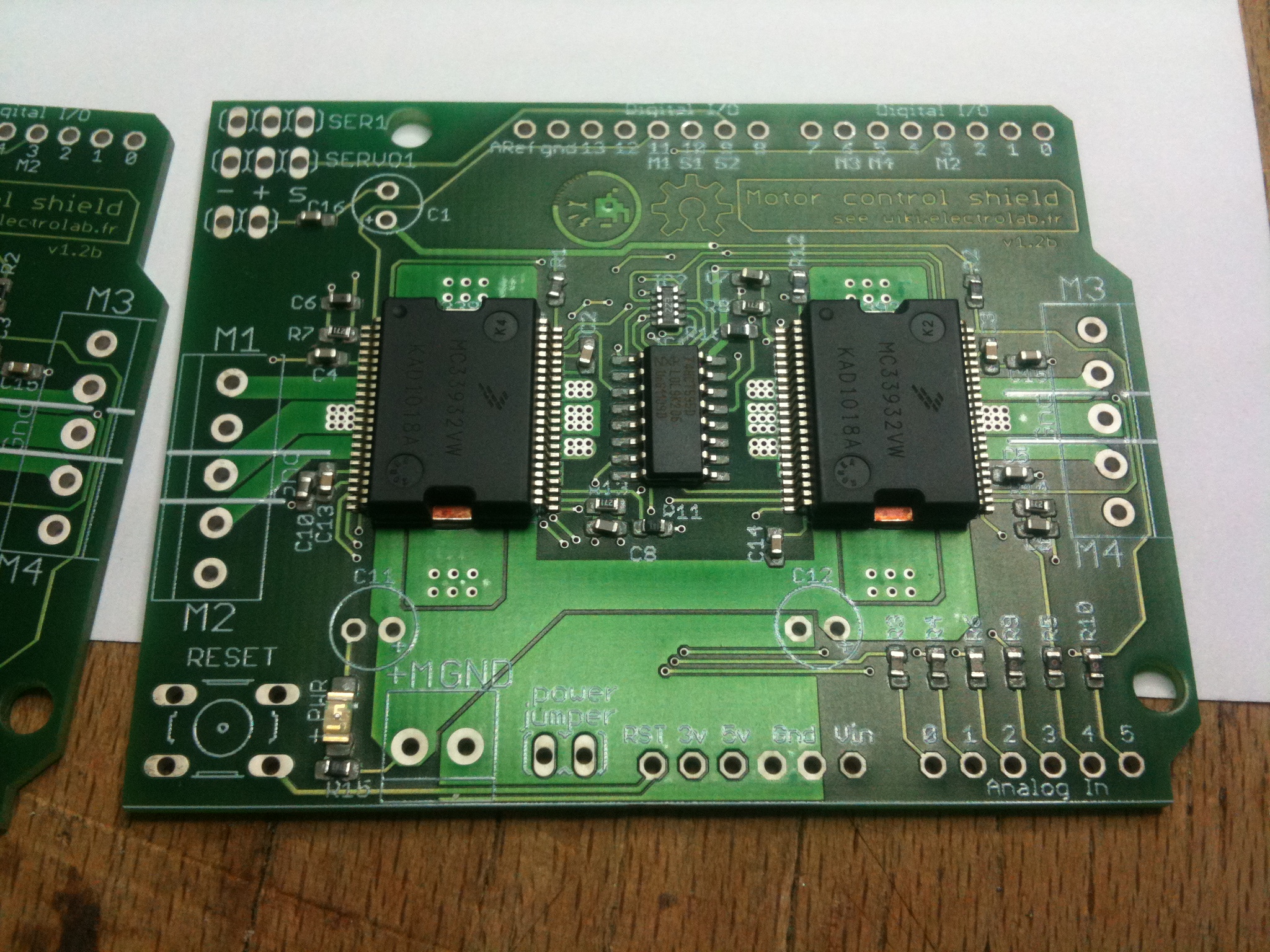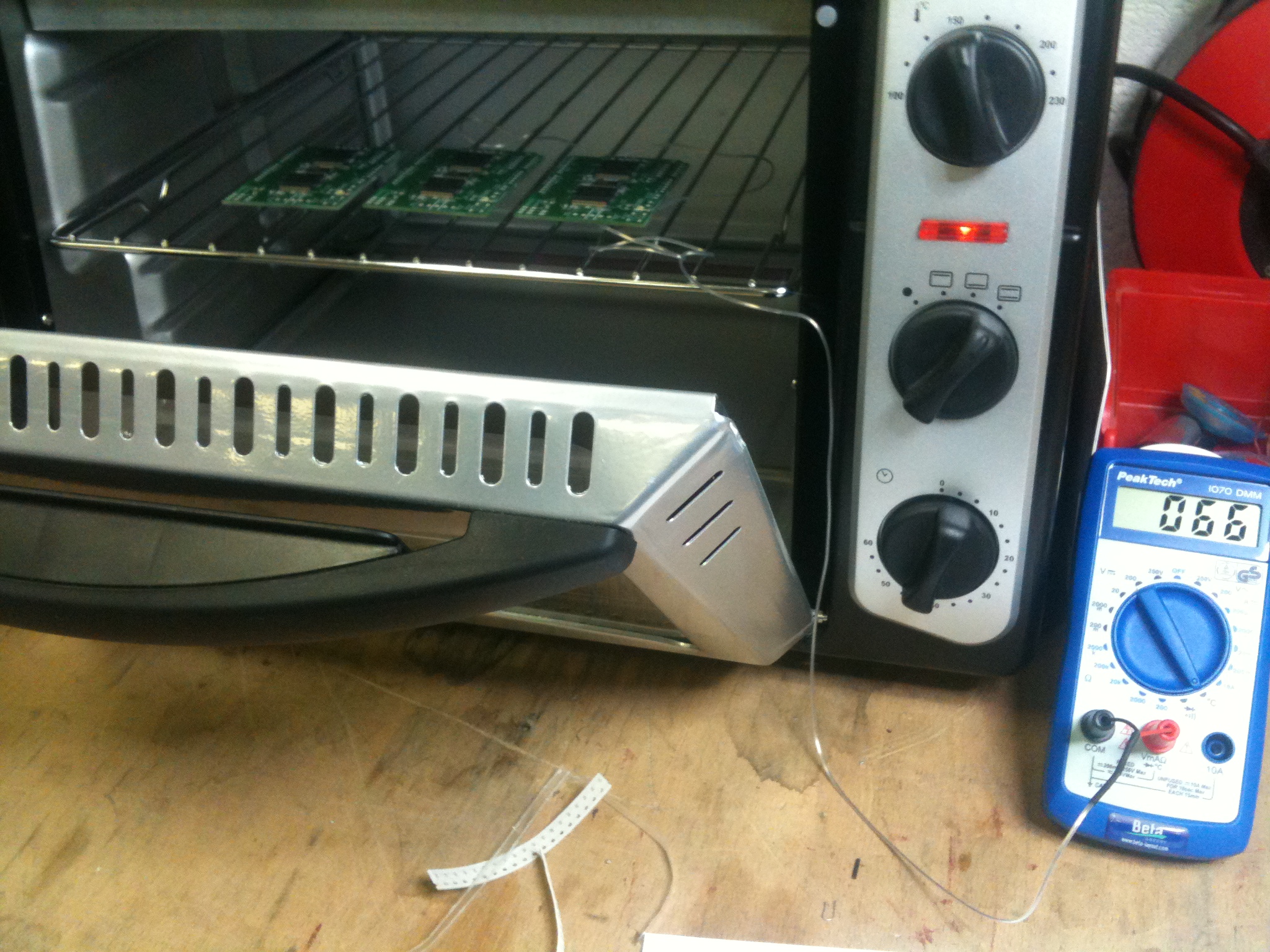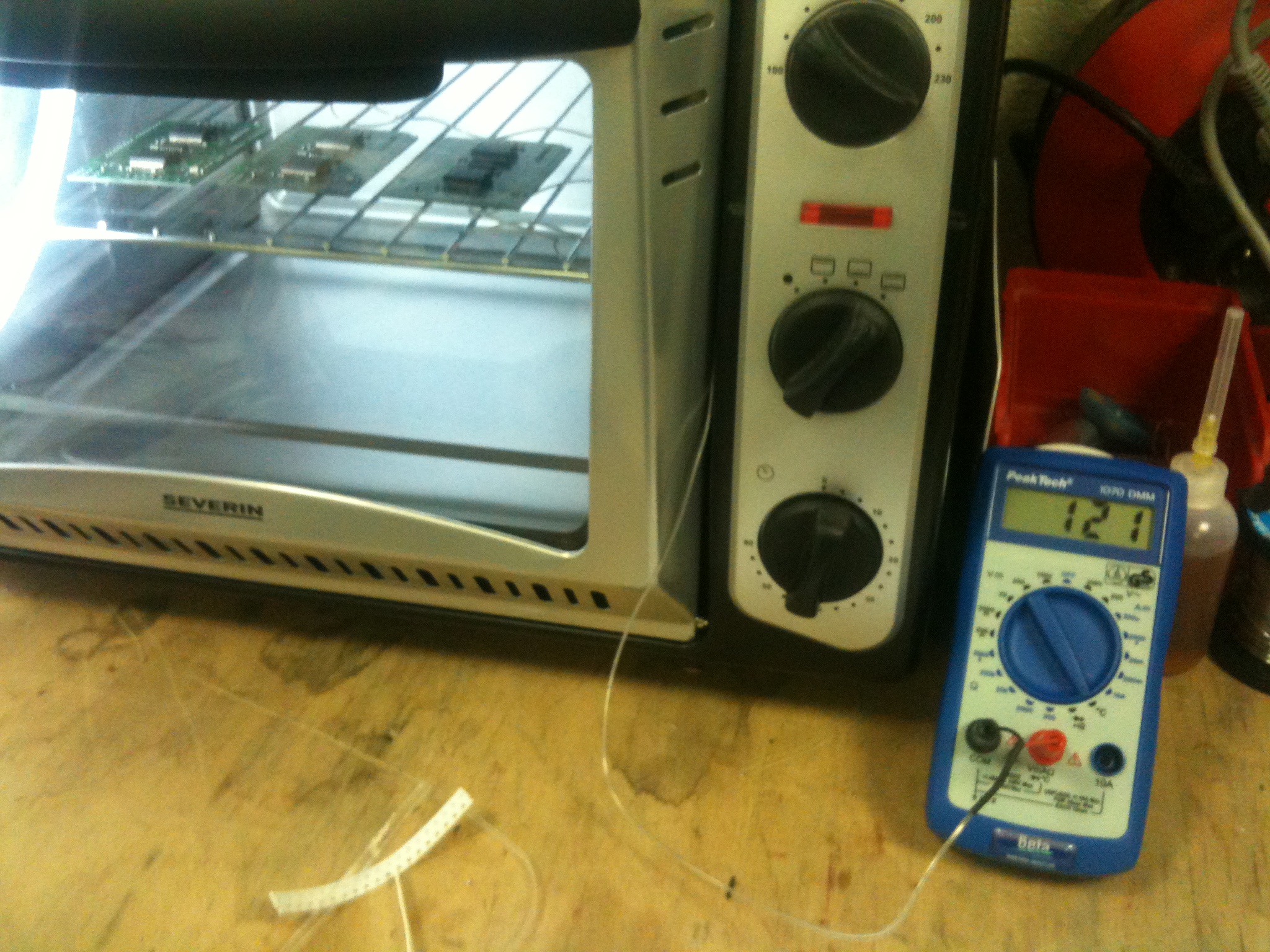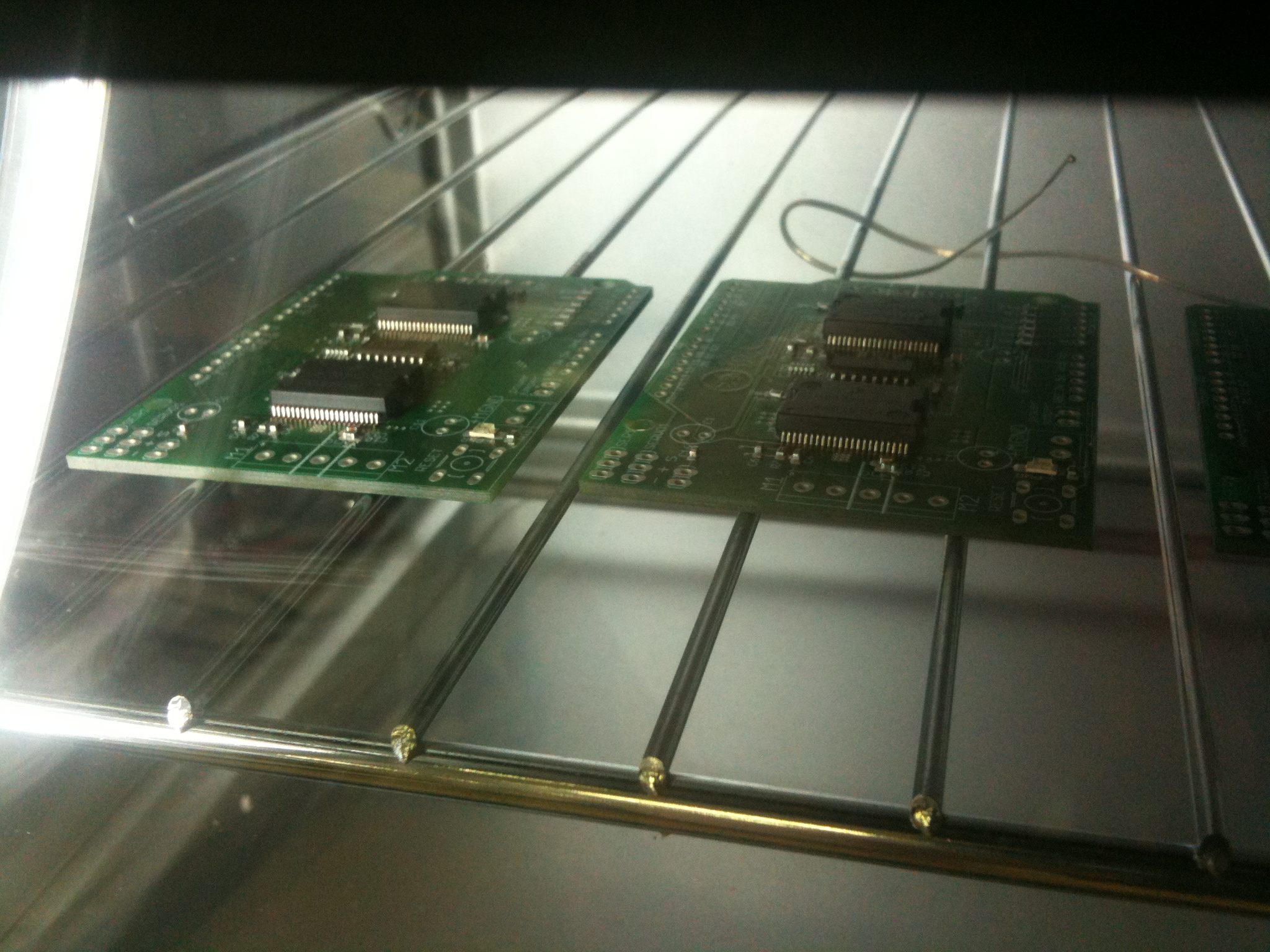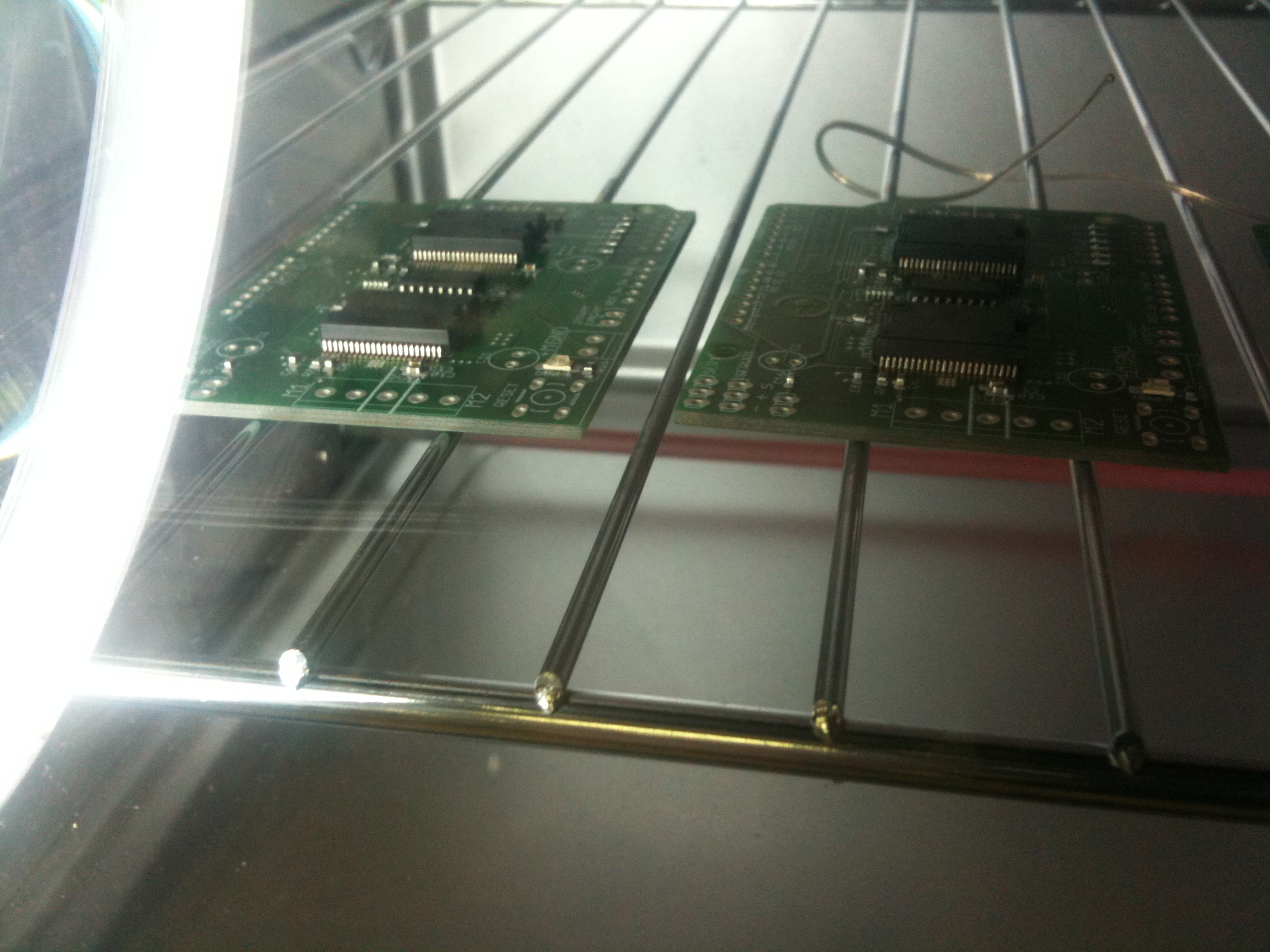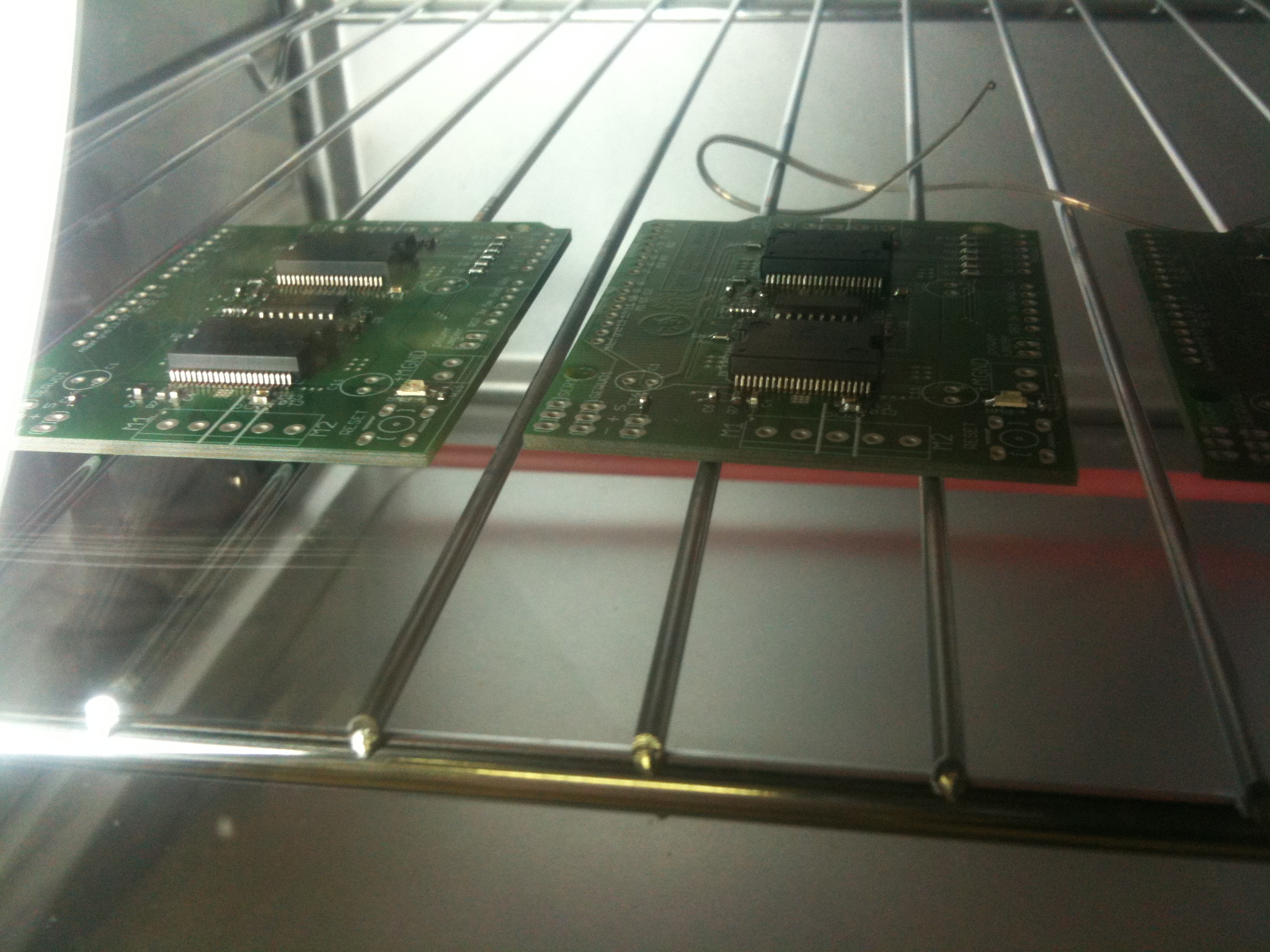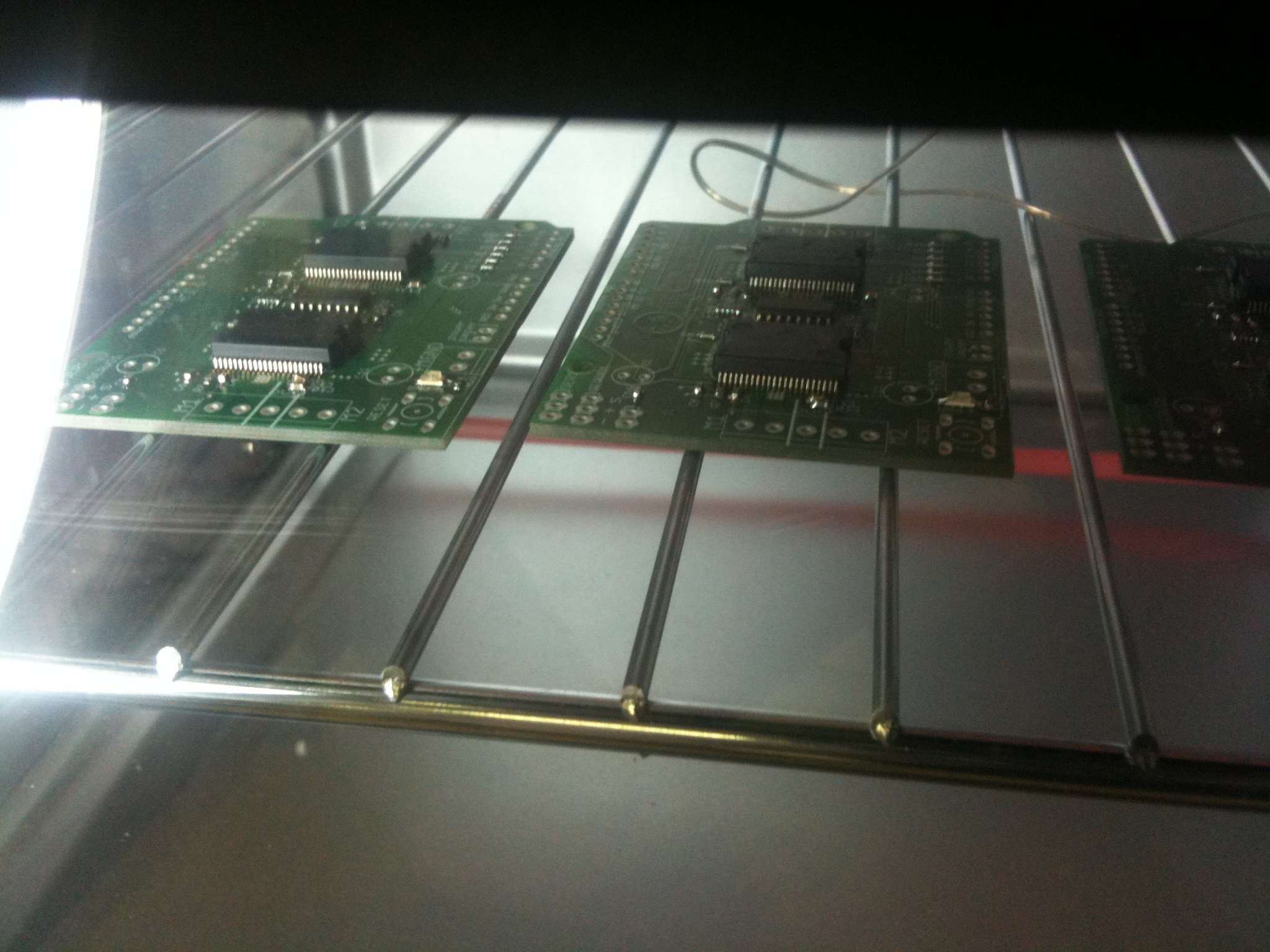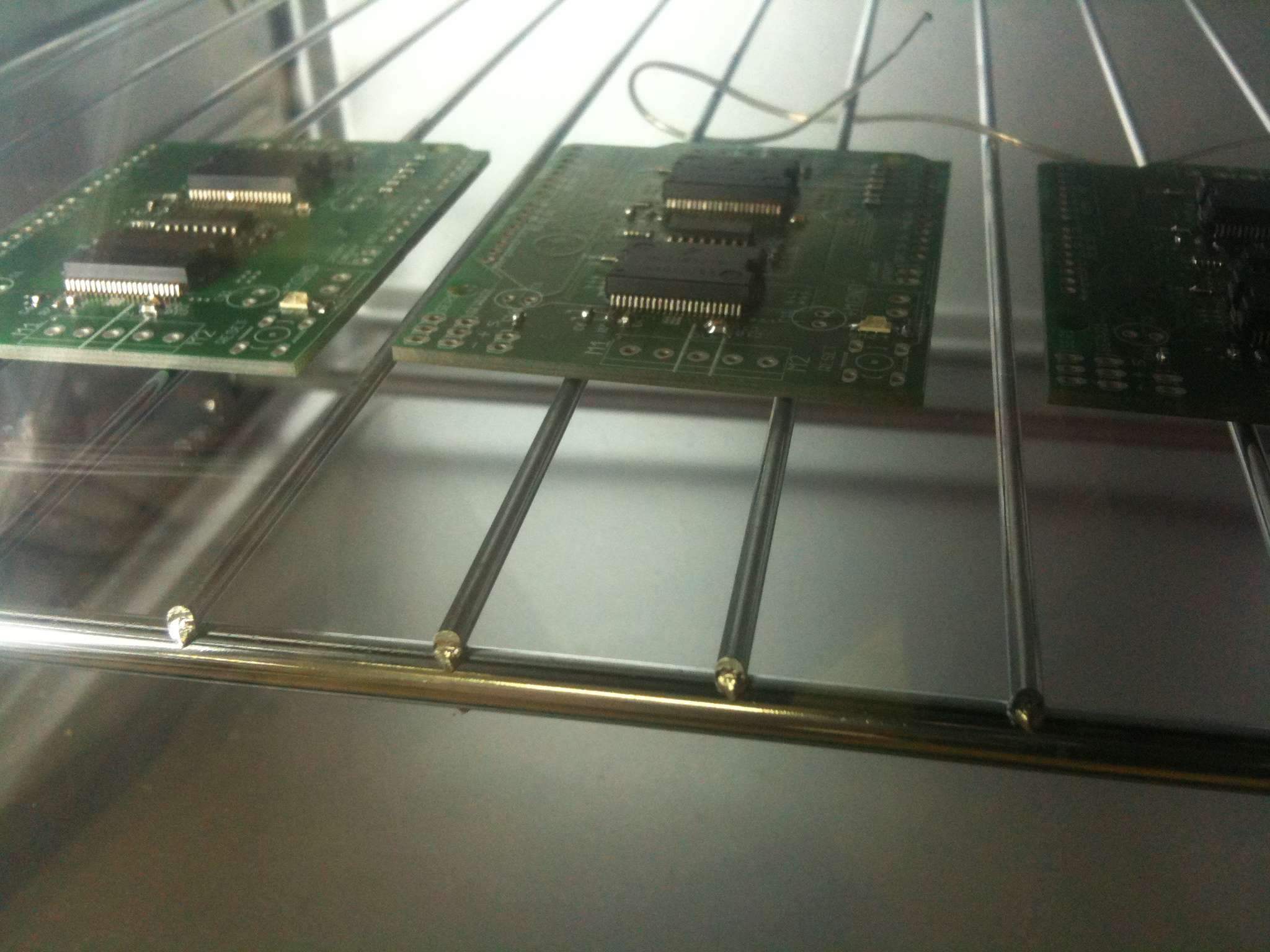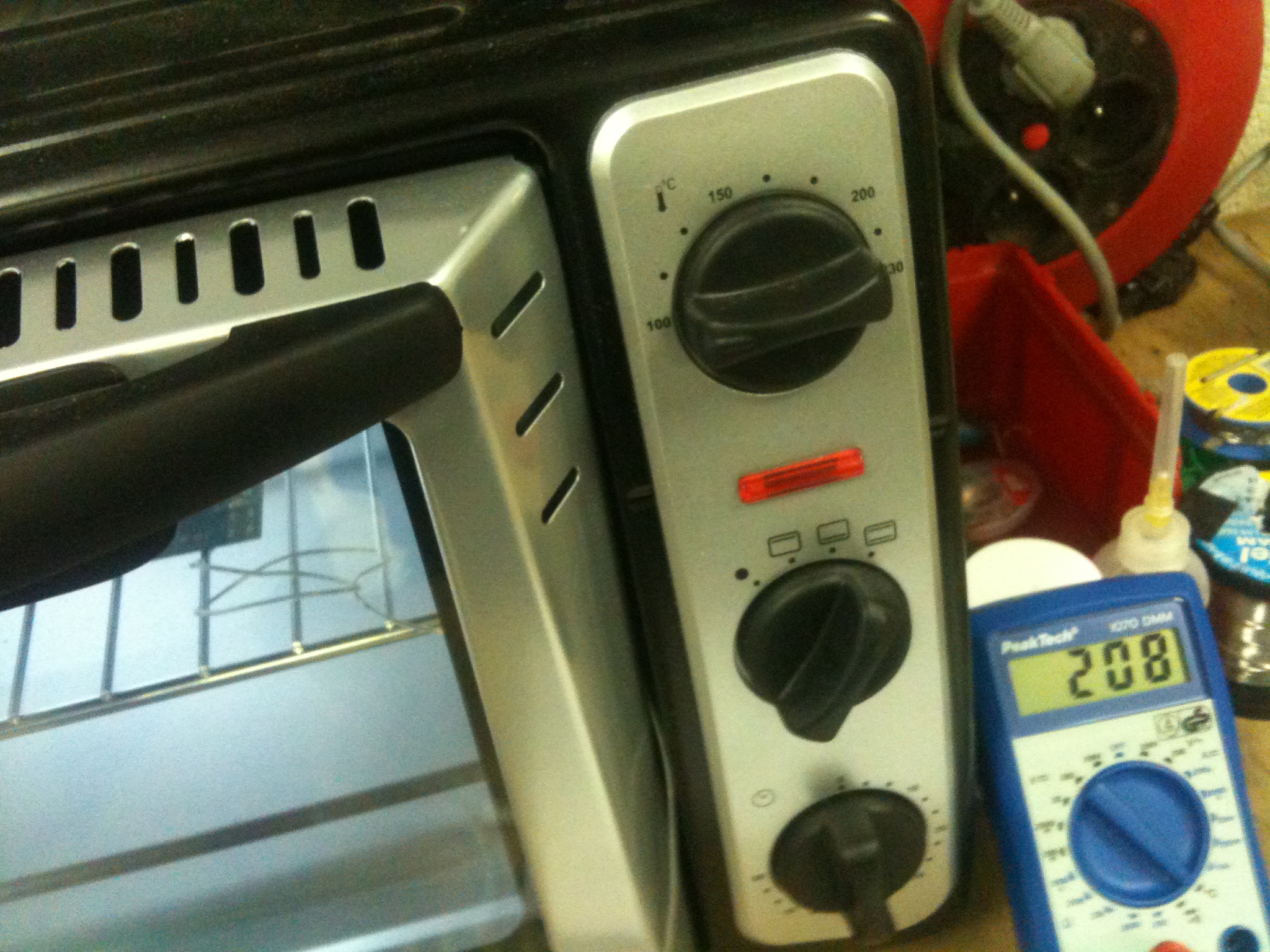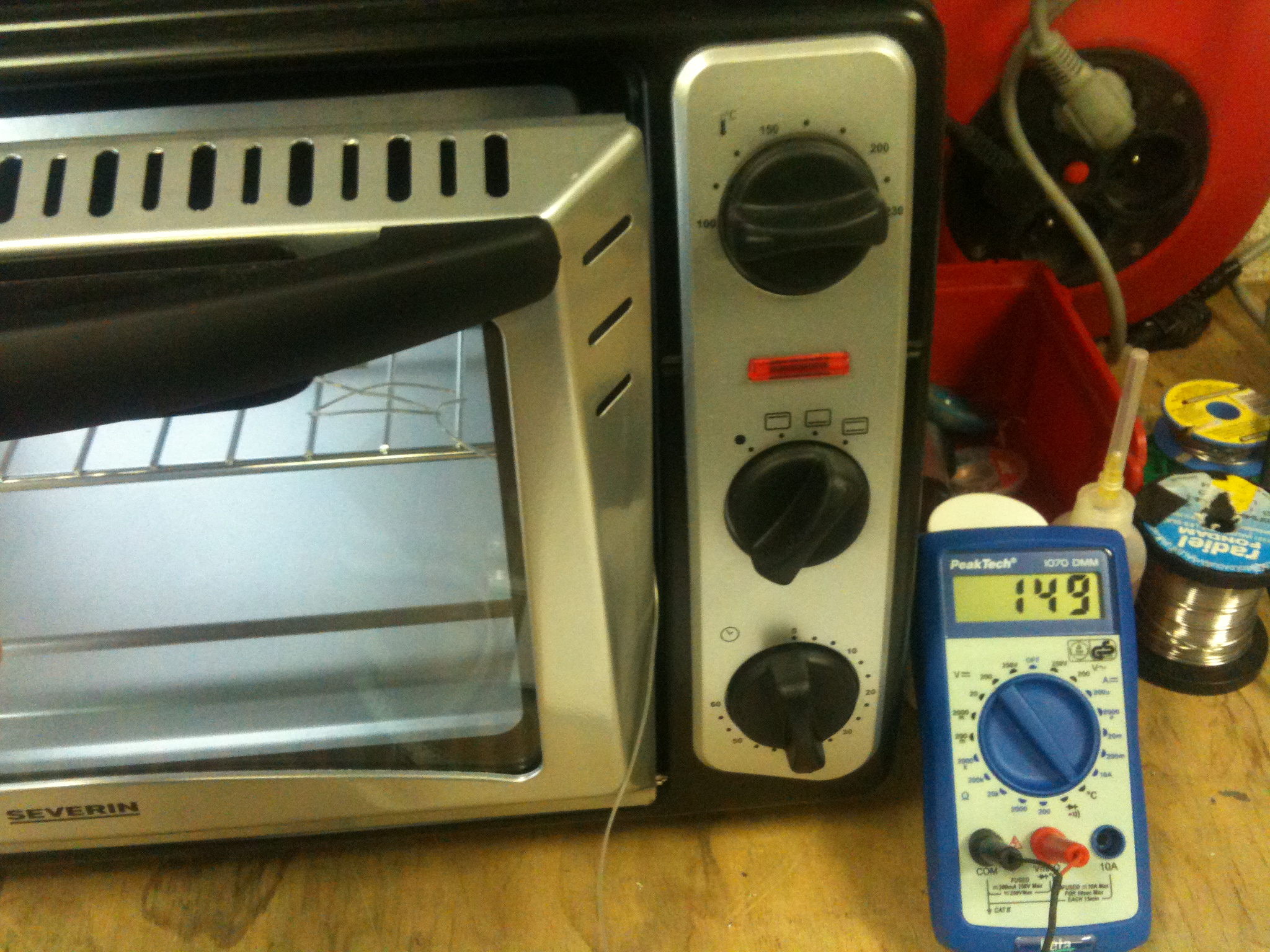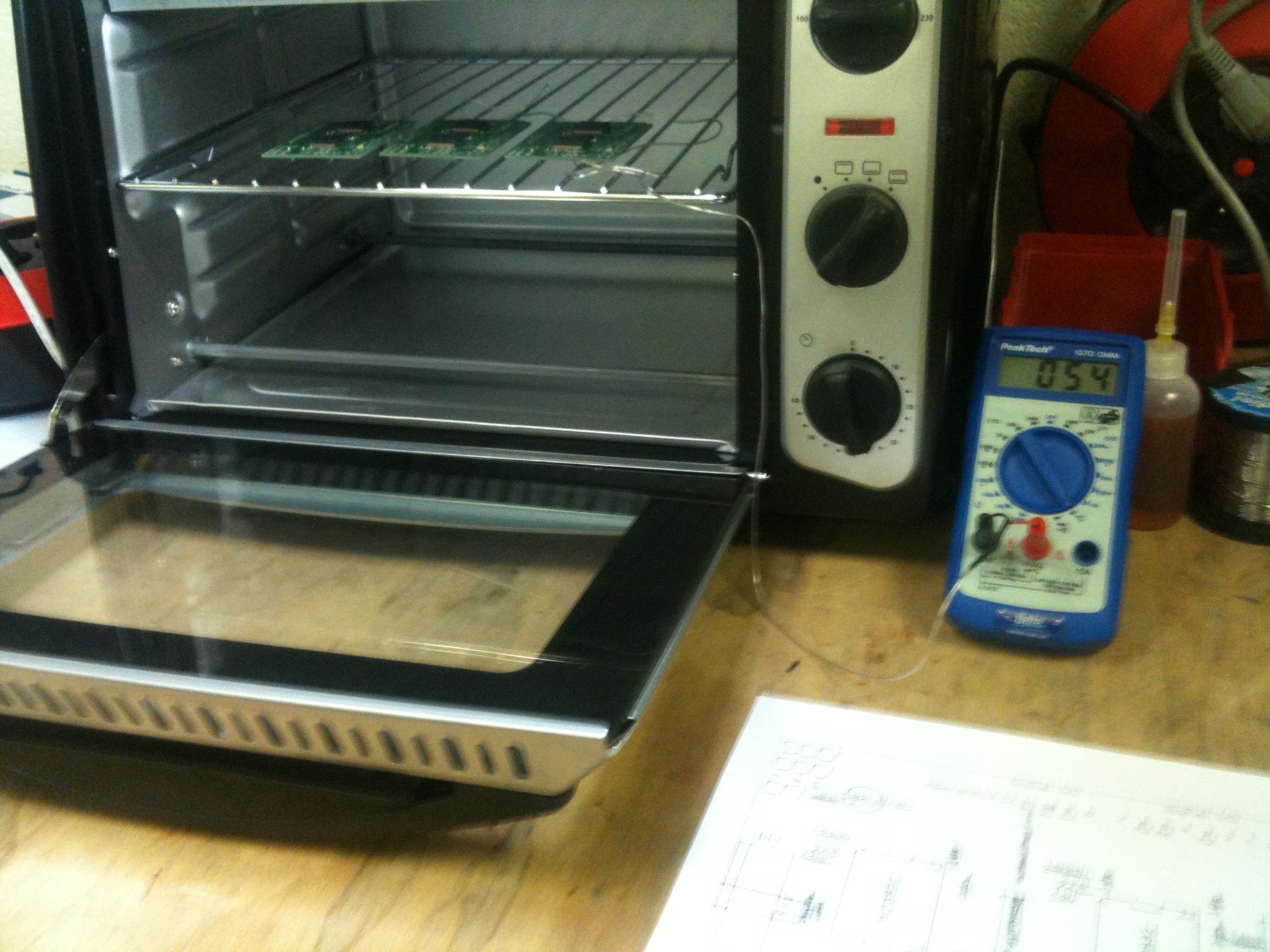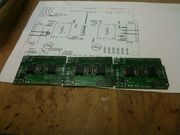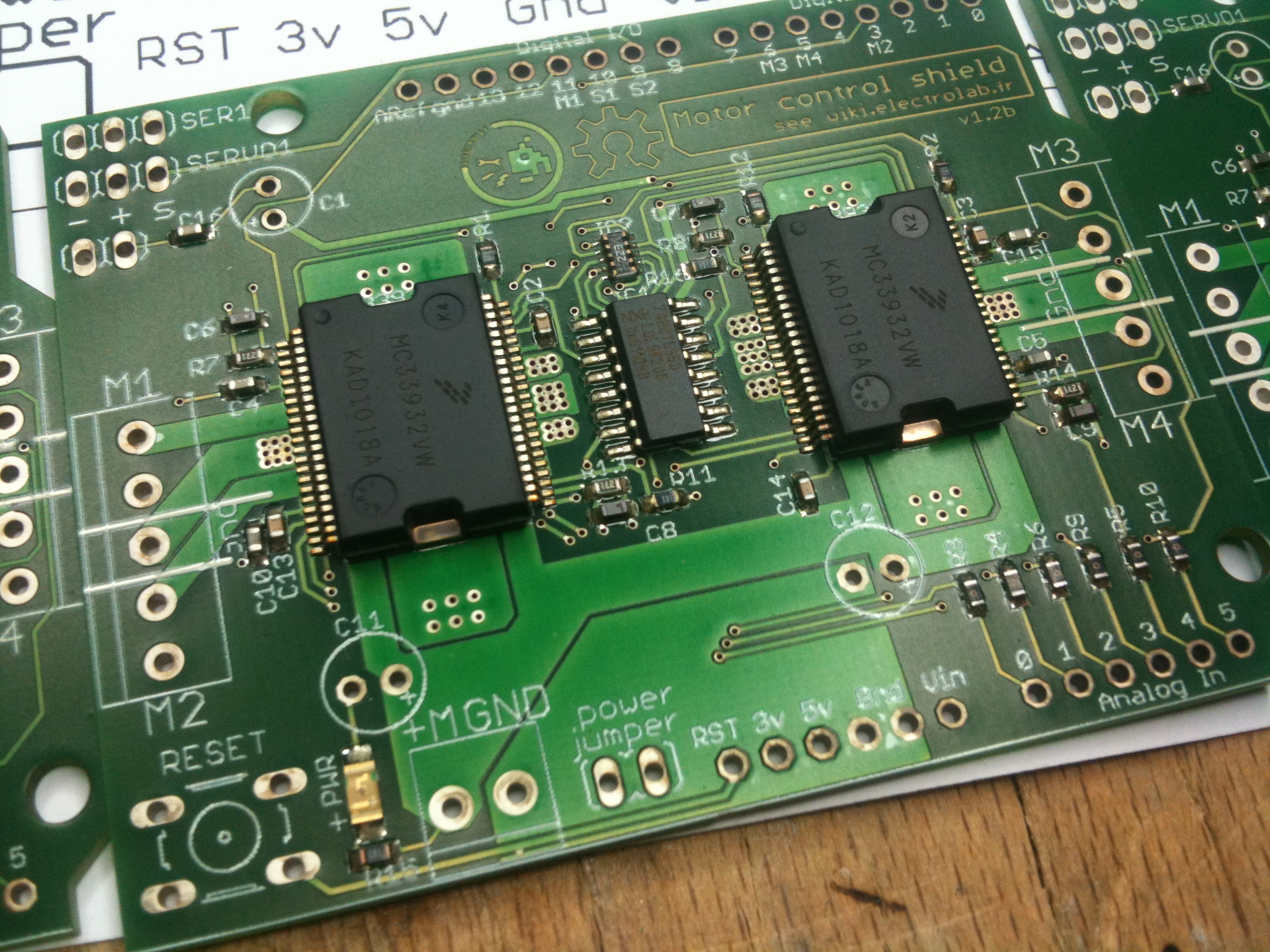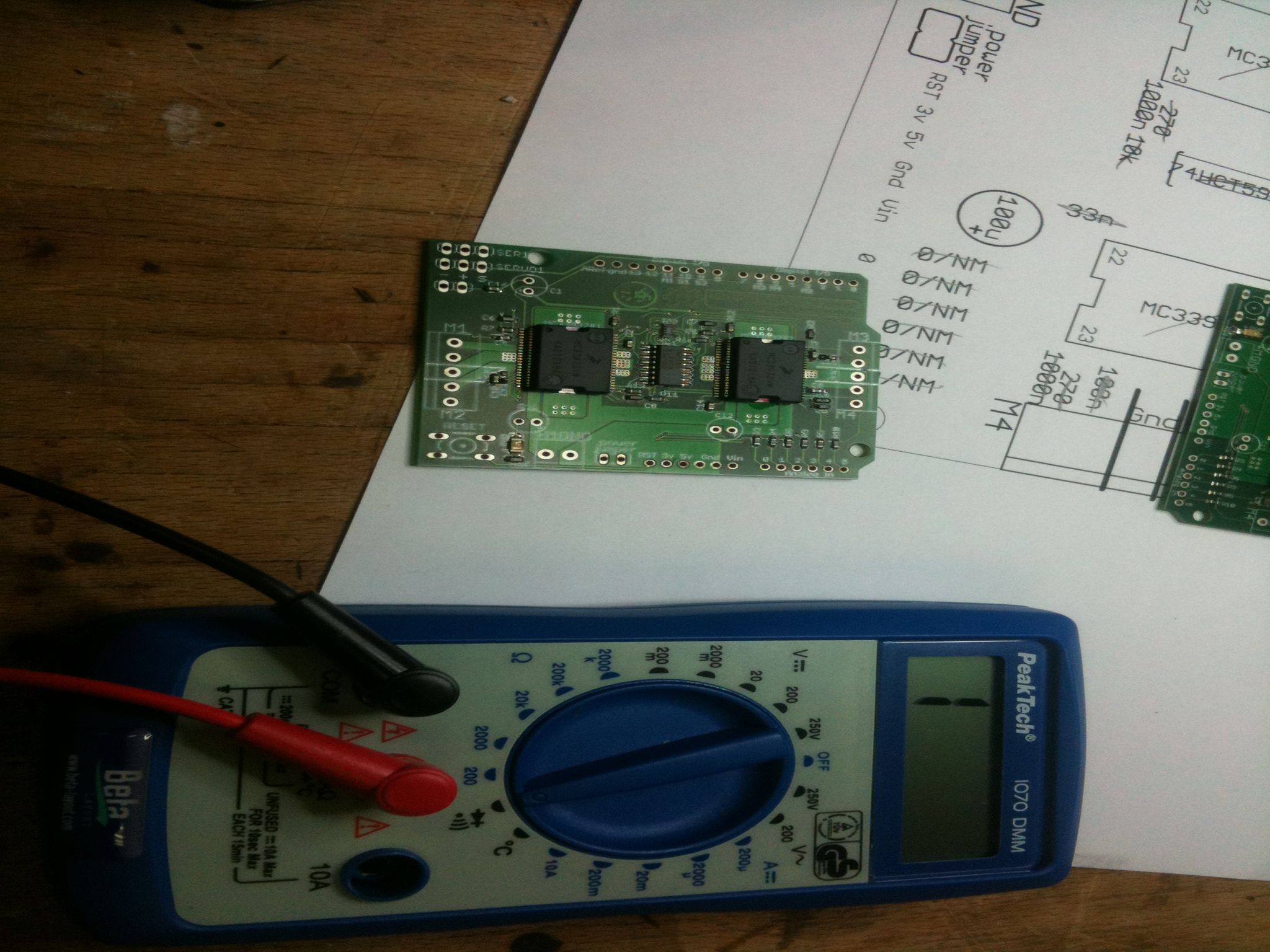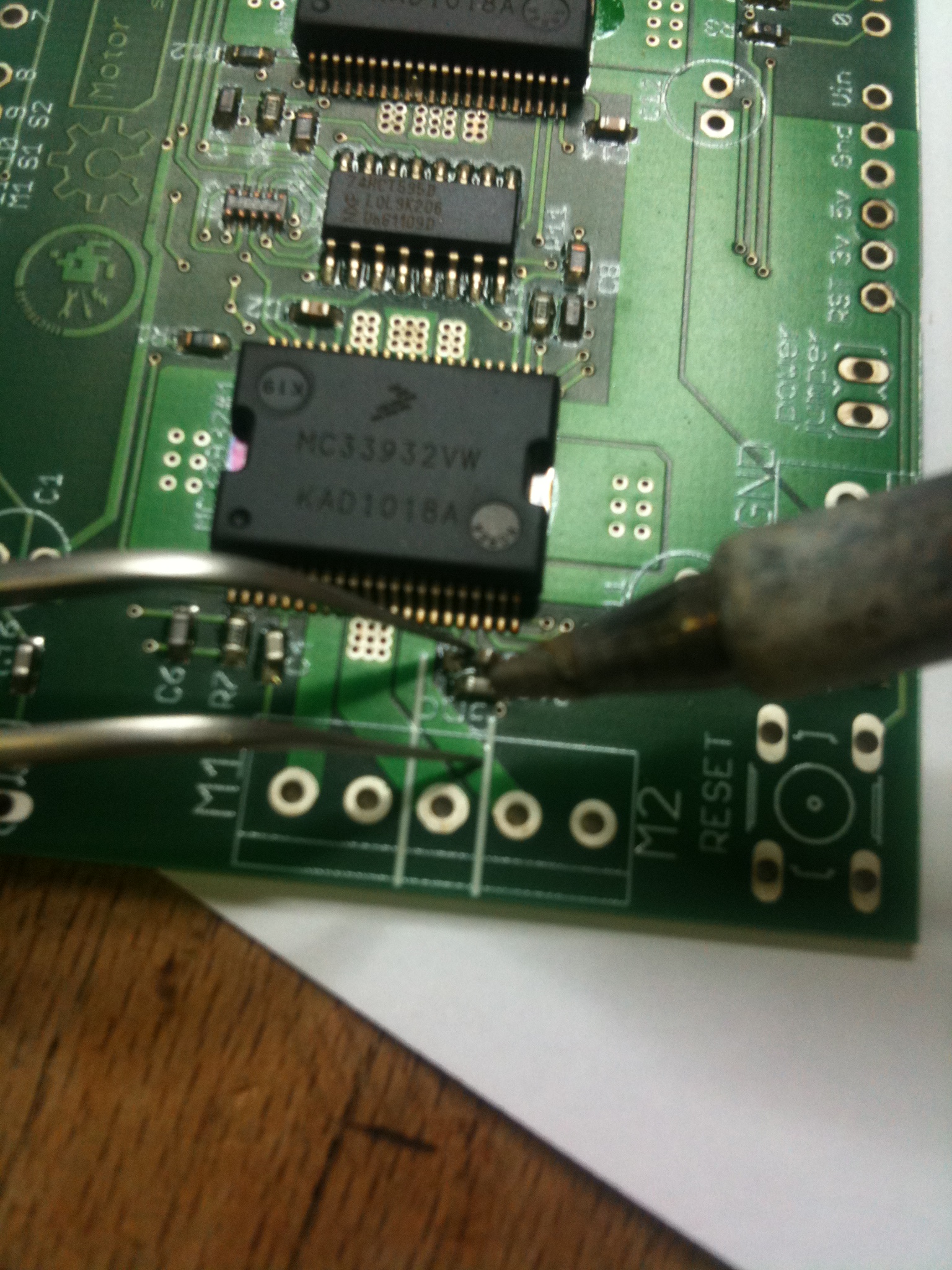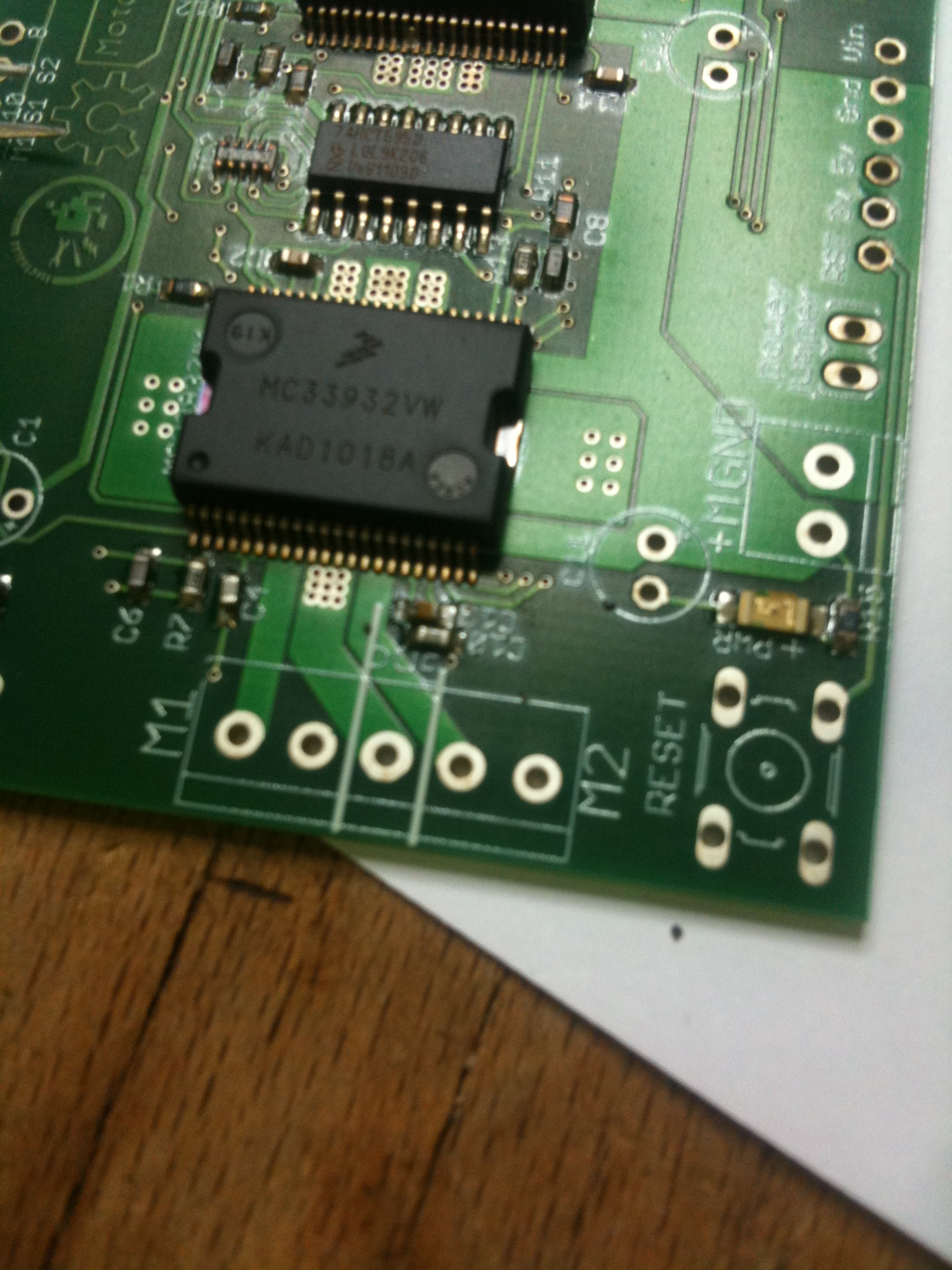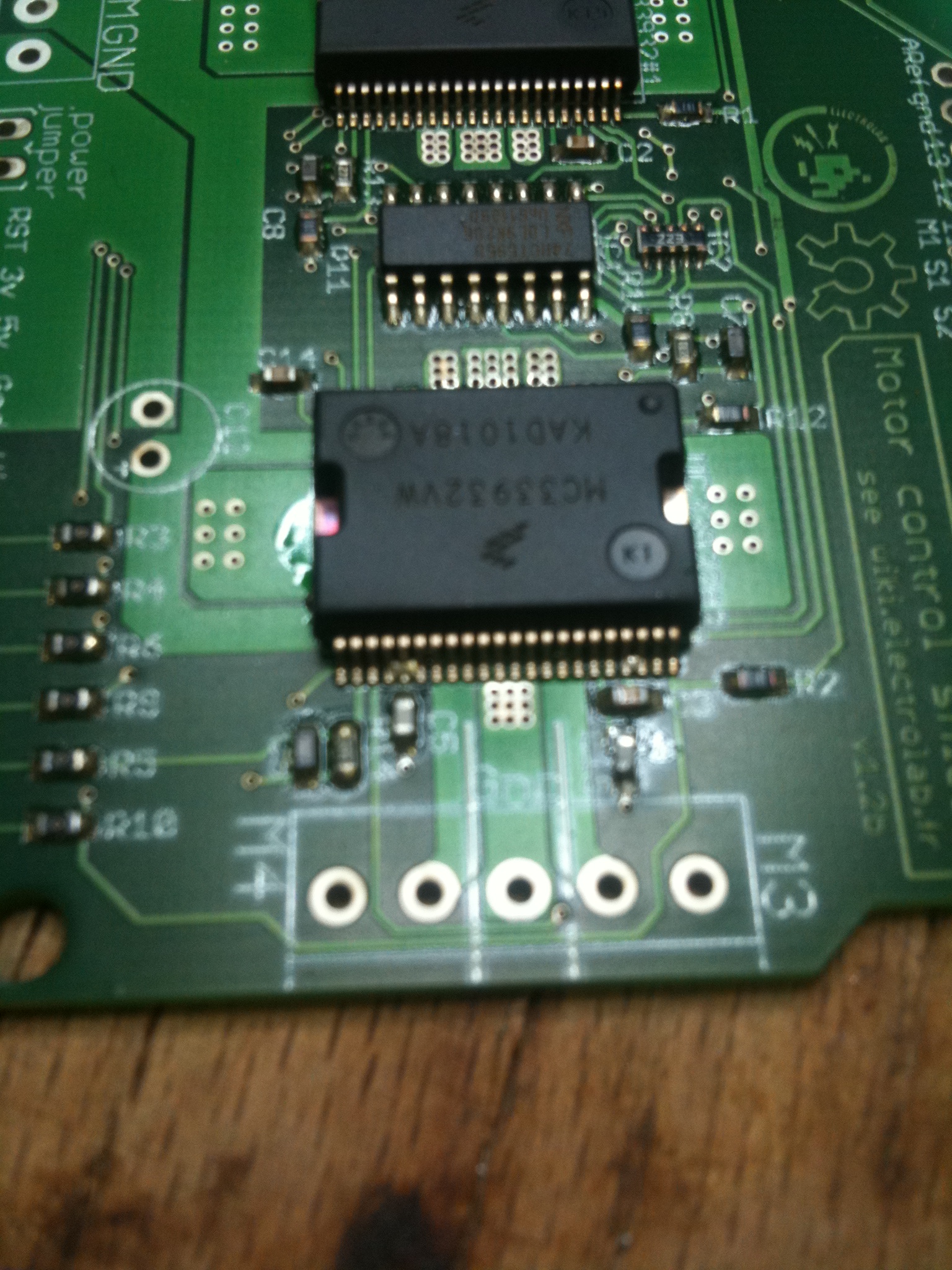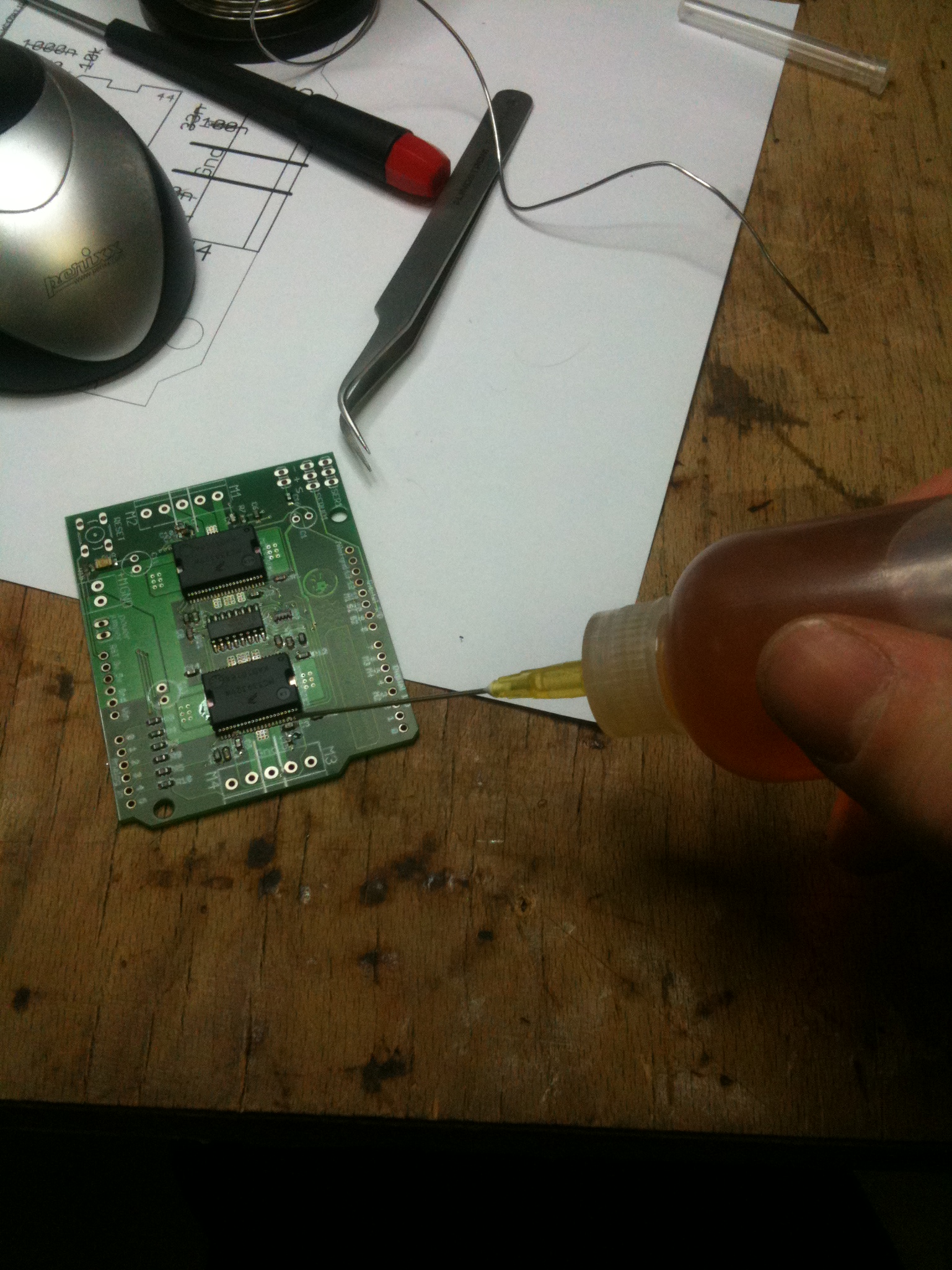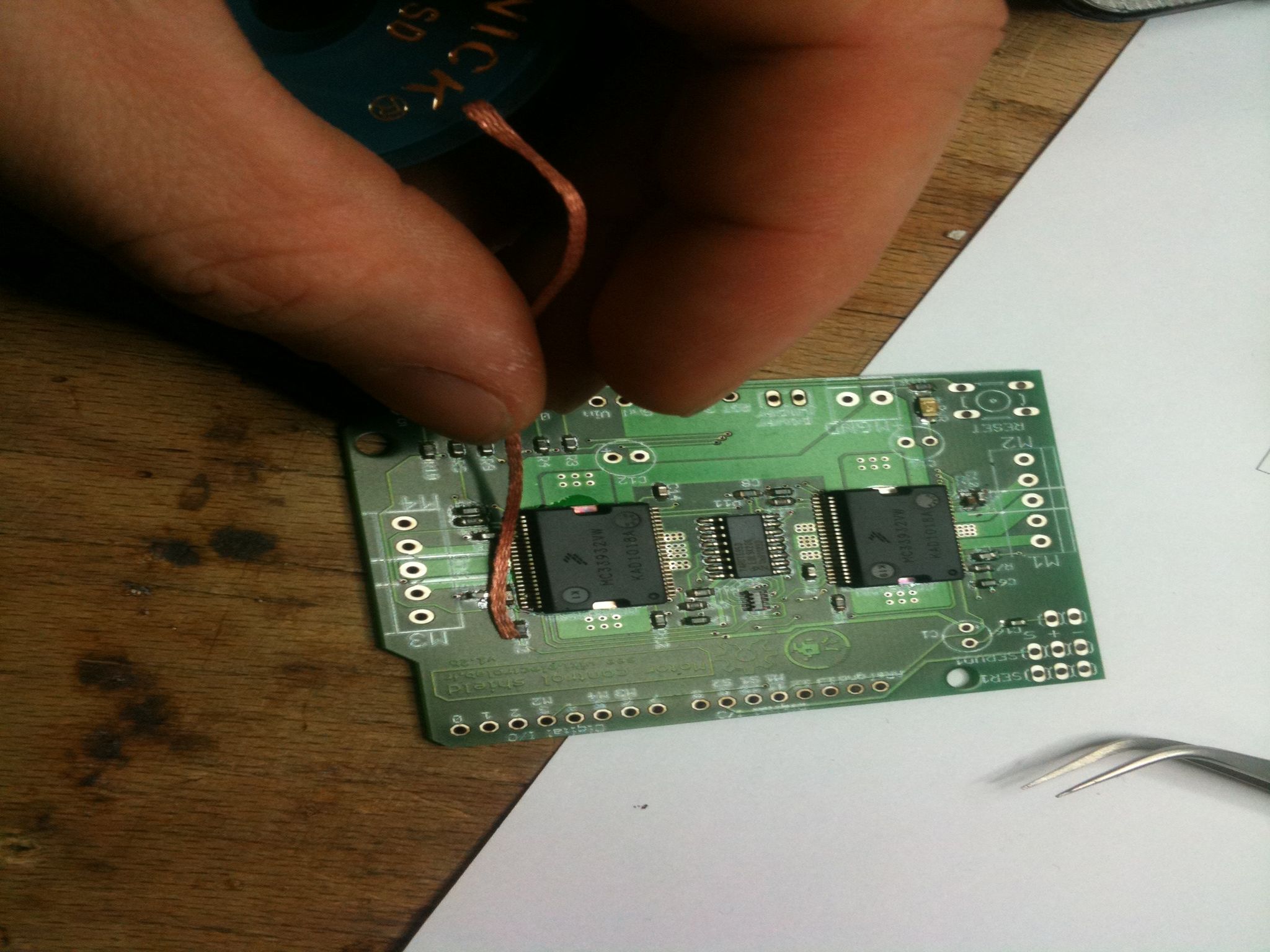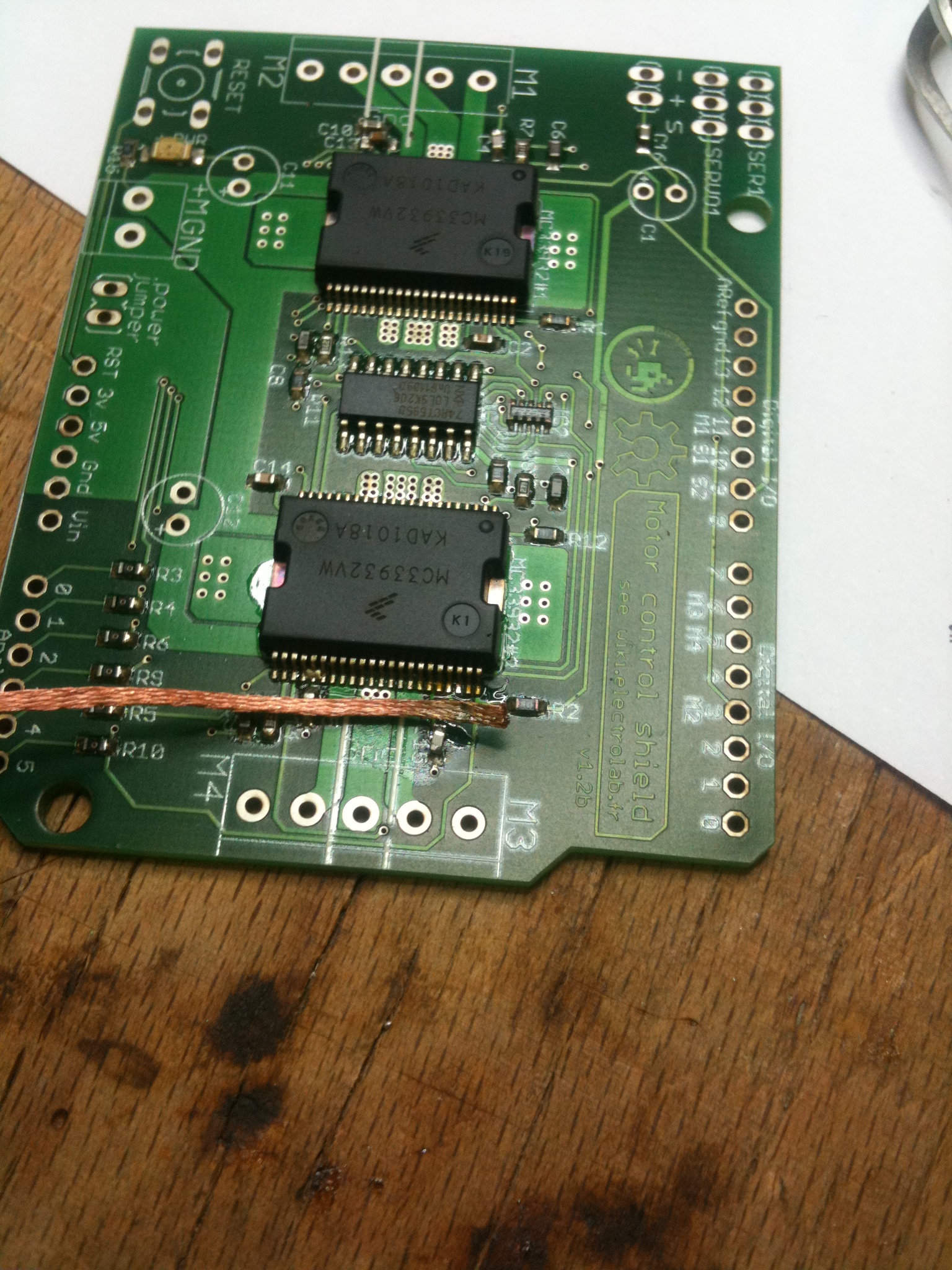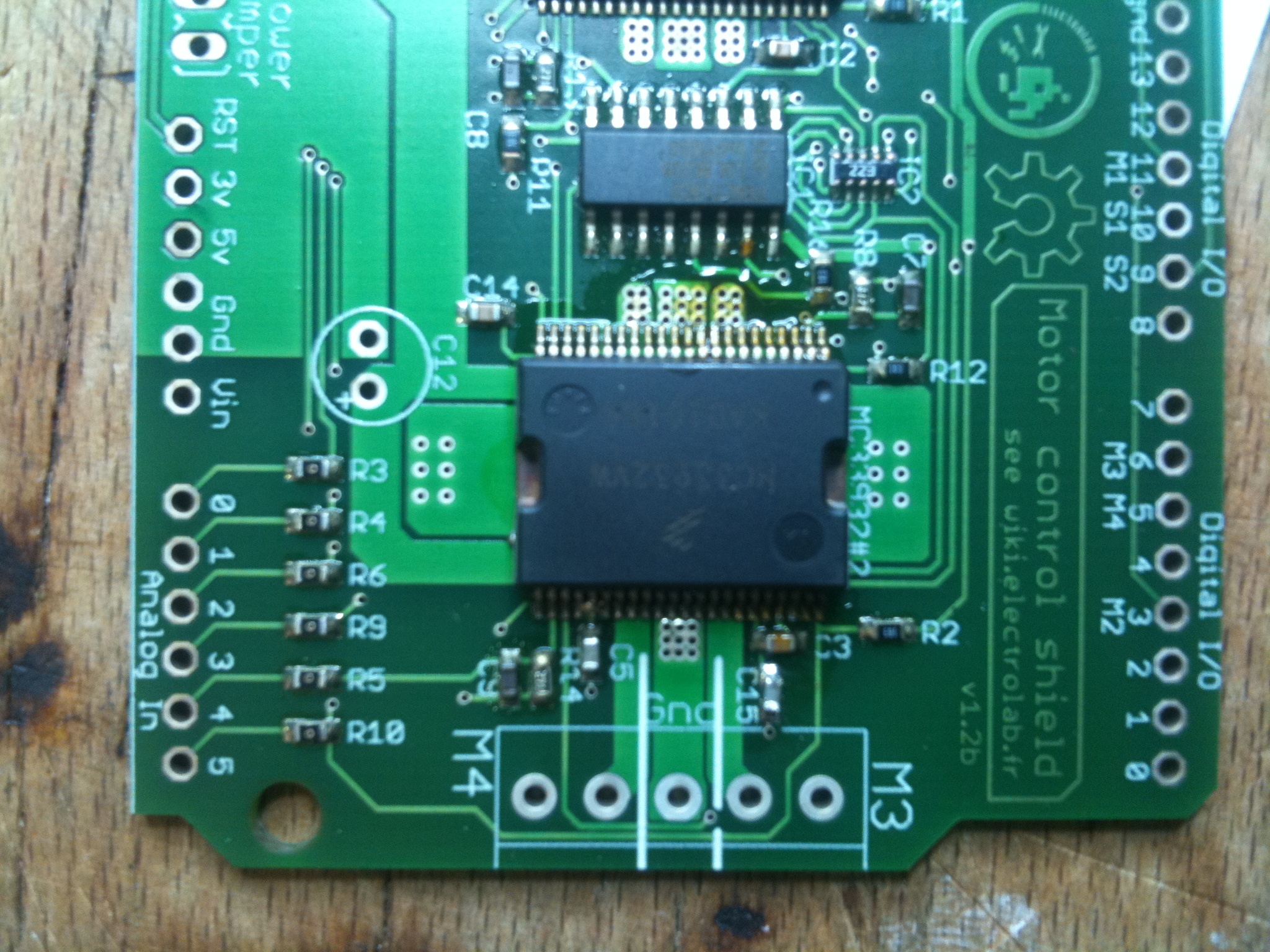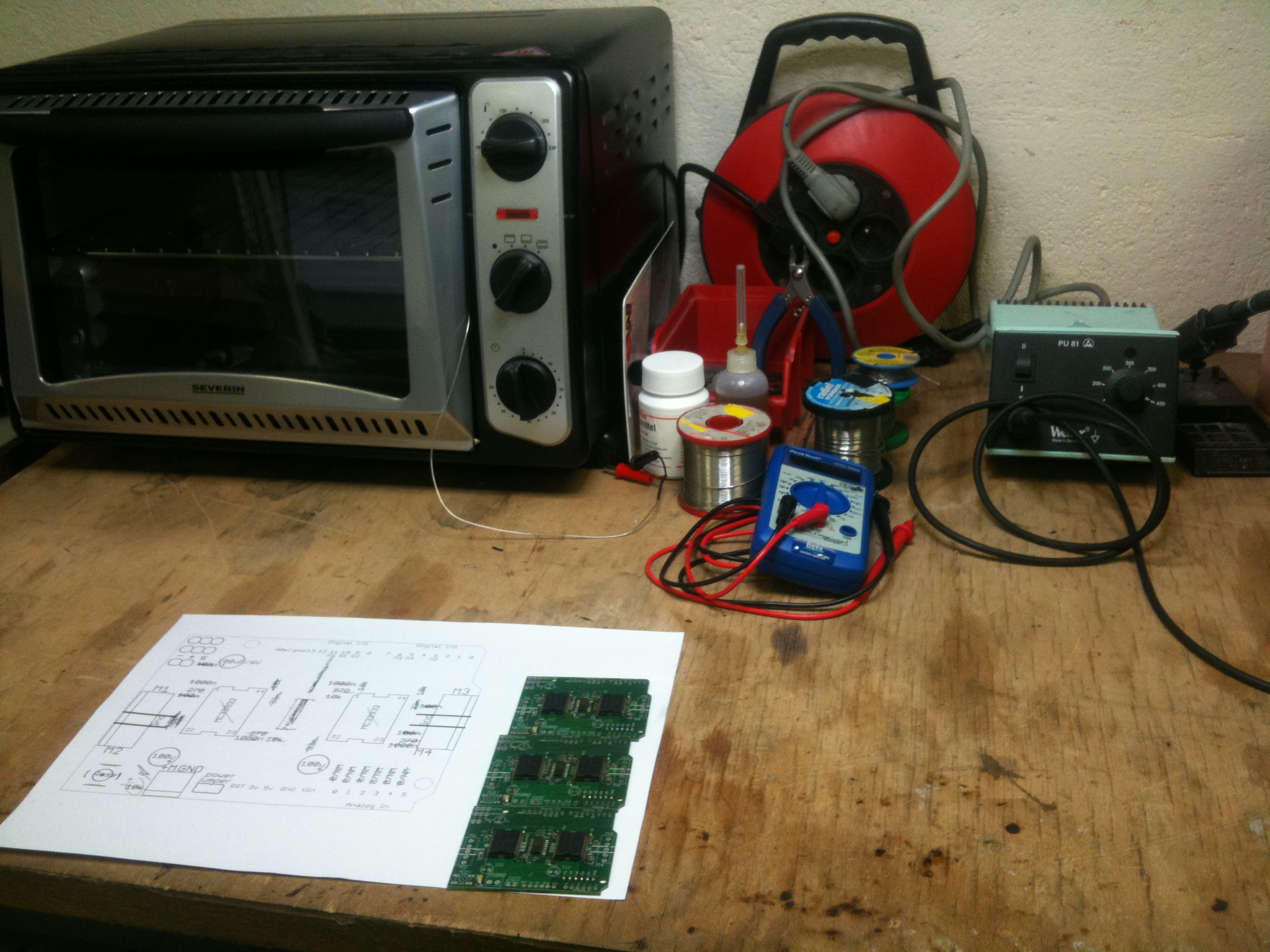Projets:Perso:2011:Motorshield:assembly
quick introduction maybe..? get me back from here ! I can't hit return myself ! vivi, les pics arrivent, mais c'est long à uploader...
Contents
Step 0: avant de commencer
matos nécessaire, etc etc etc
Step 1: paste
So this is the main description for step 1. Bla bla bla toubidoubidouwhaaaaa long text long text long text long text long text long text long text long text long text long text long text long text long text long text long text long text long text long text long text long text long text long text long text long text long text long text long text long text long text long text long text long text long text long text long text long text long text long text long text long text long text long text long text long text long text long text
Bla bla bla toubidoubidouwhaaaaa long text:
- long text long text long text long text long
- text long text long text long text long text long text long text long text long text long text long text long text long text long text long text long text long text long text long text long text long text long text long text long
- text long text long text long text long text long text long text long text long text long text long text long text long text long text long text long text long text long text
Step 2: components
So this is the main description for step 2. Bla bla bla toubidoubidouwhaaaaa long text long text long text long text long text long text long text long text long text long text long text long text long text long text long text long text long text long text long text long text long text long text long text long text long text long text long text long text long text long text long text long text long text long text long text long text long text long text long text long text long text long text long text long text long text long text
Bla bla bla toubidoubidouwhaaaaa long text:
- long text long text long text long text long
- text long text long text long text long text long text long text long text long text long text long text long text long text long text long text long text long text long text long text long text long text long text long text long
- text long text long text long text long text long text long text long text long text long text long text long text long text long text long text long text long text long text
Step 3: four
So this is the main description for step 3. Bla bla bla toubidoubidouwhaaaaa long text long text long text long text long text long text long text long text long text long text long text long text long text long text long text long text long text long text long text long text long text long text long text long text long text long text long text long text long text long text long text long text long text long text long text long text long text long text long text long text long text long text long text long text long text long text
Bla bla bla toubidoubidouwhaaaaa long text:
- long text long text long text long text long
- text long text long text long text long text long text long text long text long text long text long text long text long text long text long text long text long text long text long text long text long text long text long text long
- text long text long text long text long text long text long text long text long text long text long text long text long text long text long text long text long text long text
Step 4: test & rework
So this is the main description for step 4. Bla bla bla toubidoubidouwhaaaaa long text long text long text long text long text long text long text long text long text long text long text long text long text long text long text long text long text long text long text long text long text long text long text long text long text long text long text long text long text long text long text long text long text long text long text long text long text long text long text long text long text long text long text long text long text long text
Bla bla bla toubidoubidouwhaaaaa long text:
- long text long text long text long text long
- text long text long text long text long text long text long text long text long text long text long text long text long text long text long text long text long text long text long text long text long text long text long text long
- text long text long text long text long text long text long text long text long text long text long text long text long text long text long text long text long text long text
